Welcome to Good Market Info!
Click the logo to return to the Good Market app
Welcome to Good Market Info! Click the logo to return to the Good Market global app.

Welcome to the 36 social enterprises, cooperatives, responsible businesses, civic organizations, and networks that became Good Market approved in July 2021! This month’s roundup includes new community members from Canada, the United States, South Africa, Ethiopia, Lebanon, Jersey, the United Kingdom, India, Nepal, Sri Lanka, and Australia. More than 1,962 enterprises across 66 countries are now part of the Good Market community.
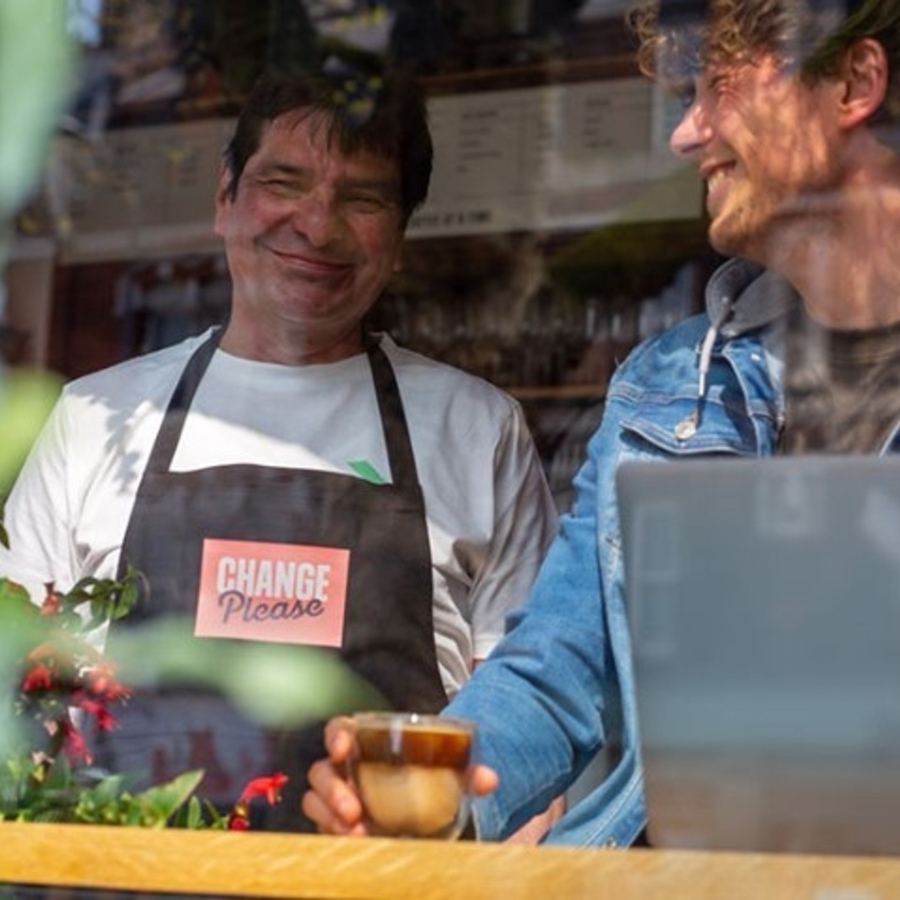
London, England, United Kingdom
Change Please is a social enterprise that supports people out of homelessness through coffee. They provide barista training, living wage employment, and access to housing, therapy, and onward opportunities. Their training center is accredited by the Specialty Coffee Association and covers everything from roasting to customer service. Change Please directly manages multiple carts and cafes, supplies coffee to a network of coffee shops, restaurants, supermarkets, offices, gyms, trains, planes, and contract caterers, and sells retail coffee and other products online. They prioritize ethically sourced beans, compostable cups, and merchandise made from certified organic cotton. One hundred percent of profits are reinvested to expand impact. Change Please is registered as a Community Interest Company and is a member of Social Enterprise UK.
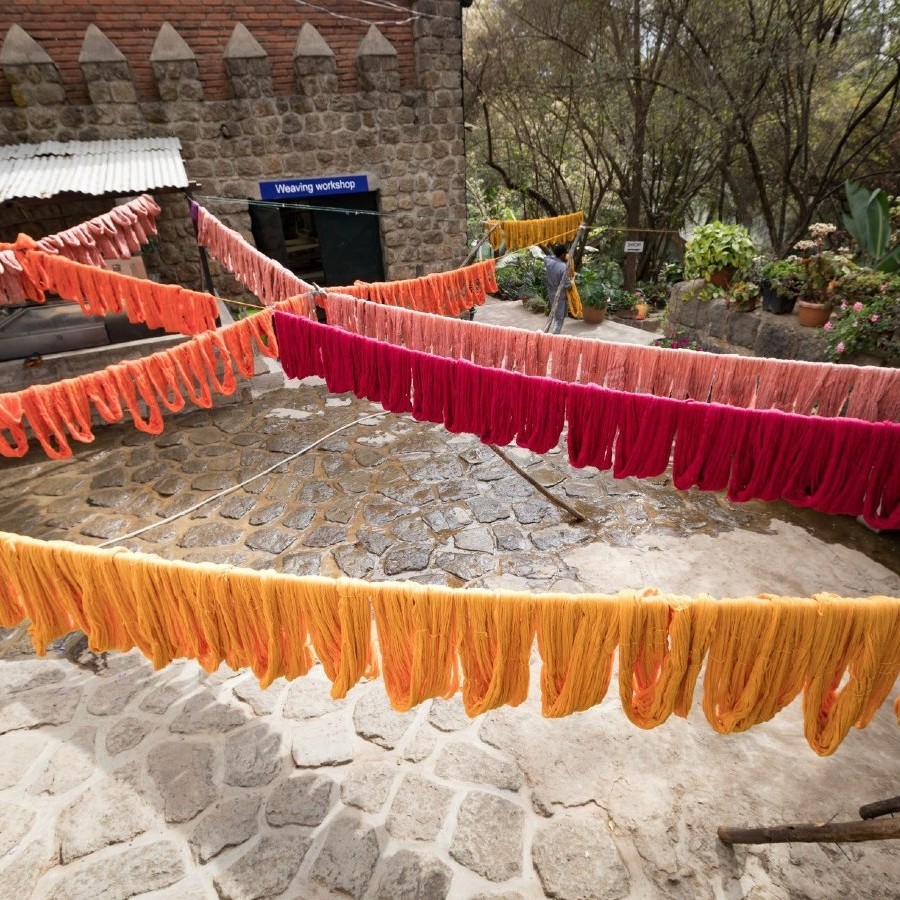
Addis Ababa, Ethiopia
Sabahar produces hand spun and hand woven textiles in Ethiopia from natural fibers like linen, wool, and locally sourced cotton and silk. Most of the silk in Ethiopia comes from eri silk caterpillars which eat castor, an environmentally responsible plant that grows throughout the country. Sabahar buys silk cocoons and thread from rural farmers and farming cooperatives and works with artisans to create housewares and accessories for the local and export market. They follow fair trade principles, provide reliable income and interest free loans, practice the kaizen system of continuous improvement, and support home based artisans and local youth groups. Dyeing is done in small batches using azo free and REACH certified dyes and a biogas system for fuel. They also work with natural dyes like indigo, logwood, and locally sourced coffee, onion skins, tea, safflower, marigold, and cochineal. Sabahar is a guaranteed member of the World Fair Trade Organization (WFTO).
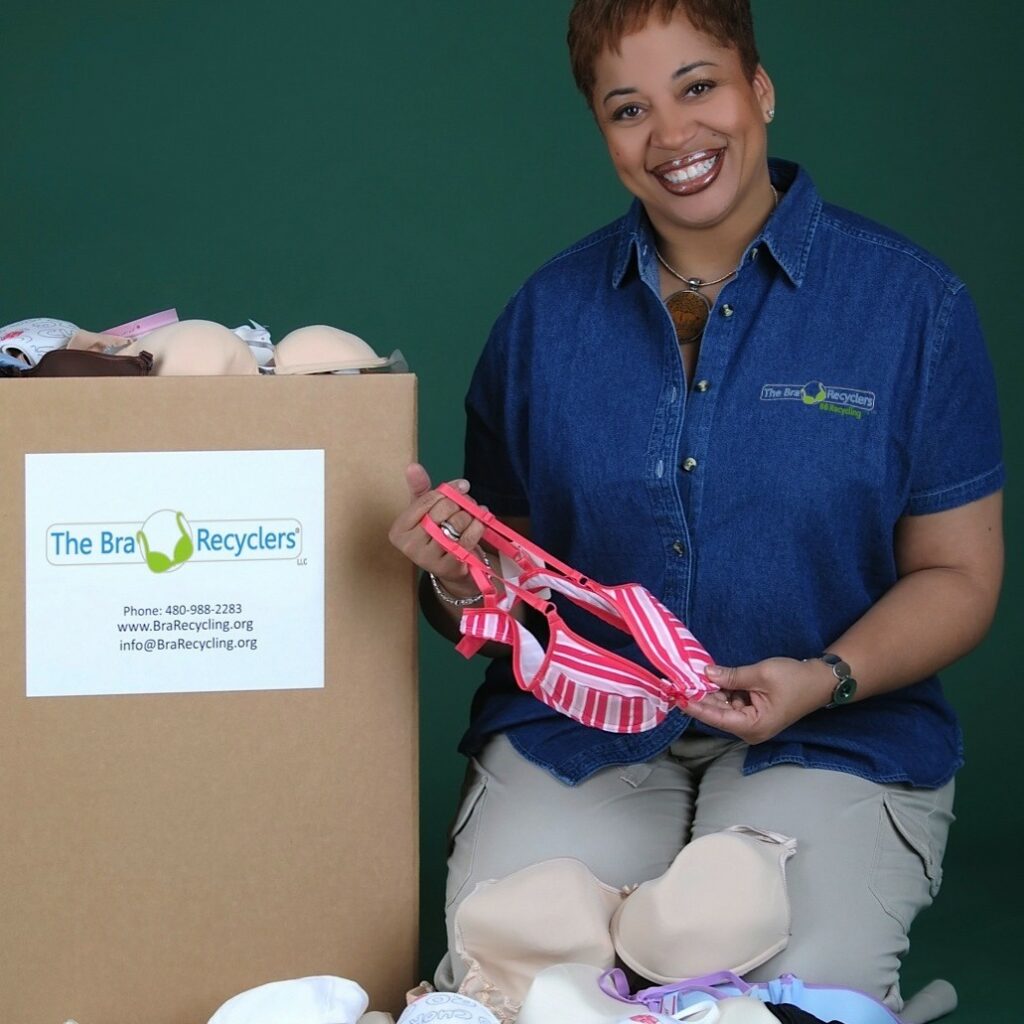
Gilbert, Arizona, United States
The Bra Recyclers is a clothing recycling social enterprise that supports women and girls in need, extends the life of preloved bras that would otherwise end up in landfills, and educates consumers and retailers on the benefits of participating in the circular economy. Their warehouse accepts new and preloved bras and new panties, sorts for quality, and fulfills requests from not-for-profit organizations that work with women and girls in need. The Bra Recyclers has provided more than four million bras to women and girls escaping domestic violence or human trafficking or facing other challenges. Excess bras are sold to textile recyclers and clothing exporters. The Bra Recyclers works with a network of Ambassadors to raise awareness, provide drop-off locations, organize bra drives, and reward recyclers with discounts and other incentives. They outsource some operations and logistics to social enterprises that provide employment opportunities to people with disabilities. The Bra Recyclers is part of We Make Change, Be Social Change, Social Enterprise Alliance, National Association of Women Business Owners, and the Arizona Recycling Coalition.
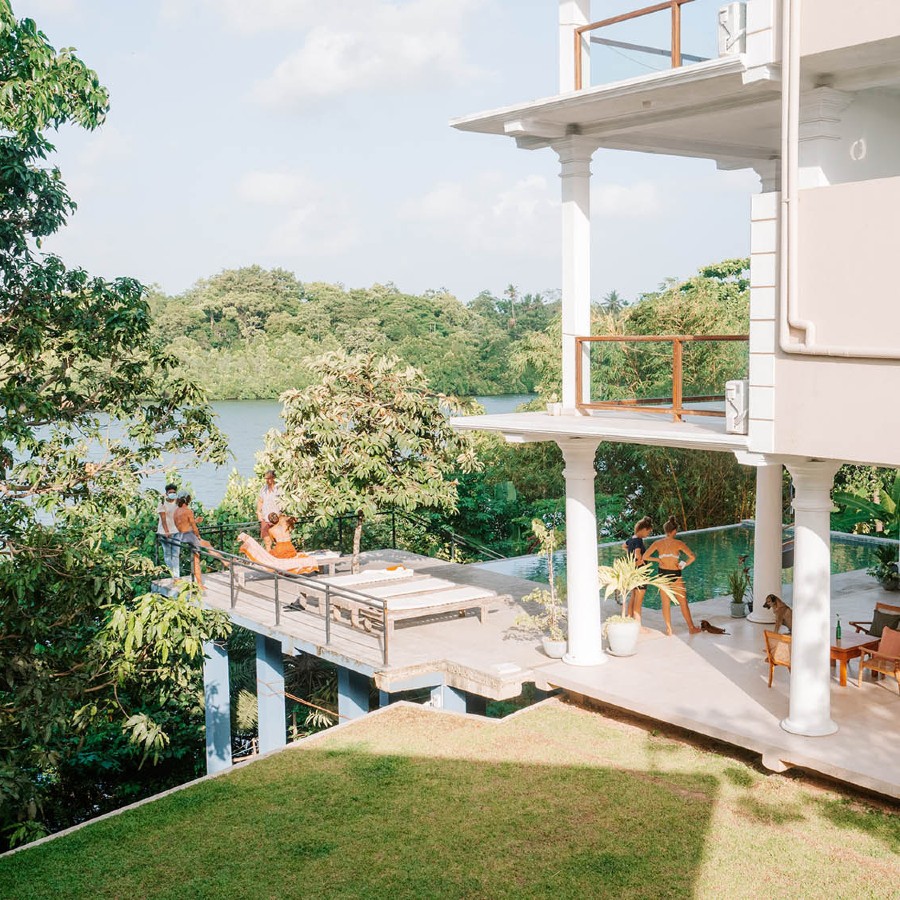
Koggala, Sri Lanka
Lanka Yoga is a purpose-built yoga training center and retreat venue on Koggala Lake in southern Sri Lanka that is committed to environmental responsibility. They offer natural vegan food and drinks, accommodation, yoga classes, and teacher training courses. Facilities were designed to maximize green space. The Lanka Yoga team is rewilding degraded land and developing gardens to provide fruits, vegetables, and spices. They have already installed a waste water treatment system, solar hot water, and water saving fixtures, and they are currently investing in a rainwater catchment and filtration system, solar panels, and batteries for water and energy independence. Lanka Yoga works with suppliers to minimize waste and with the local community to coordinate recycling services. They monitor and record their waste to find opportunities to reduce it further. Lanka Yoga offers free sessions and discounts for people that can’t afford their services.
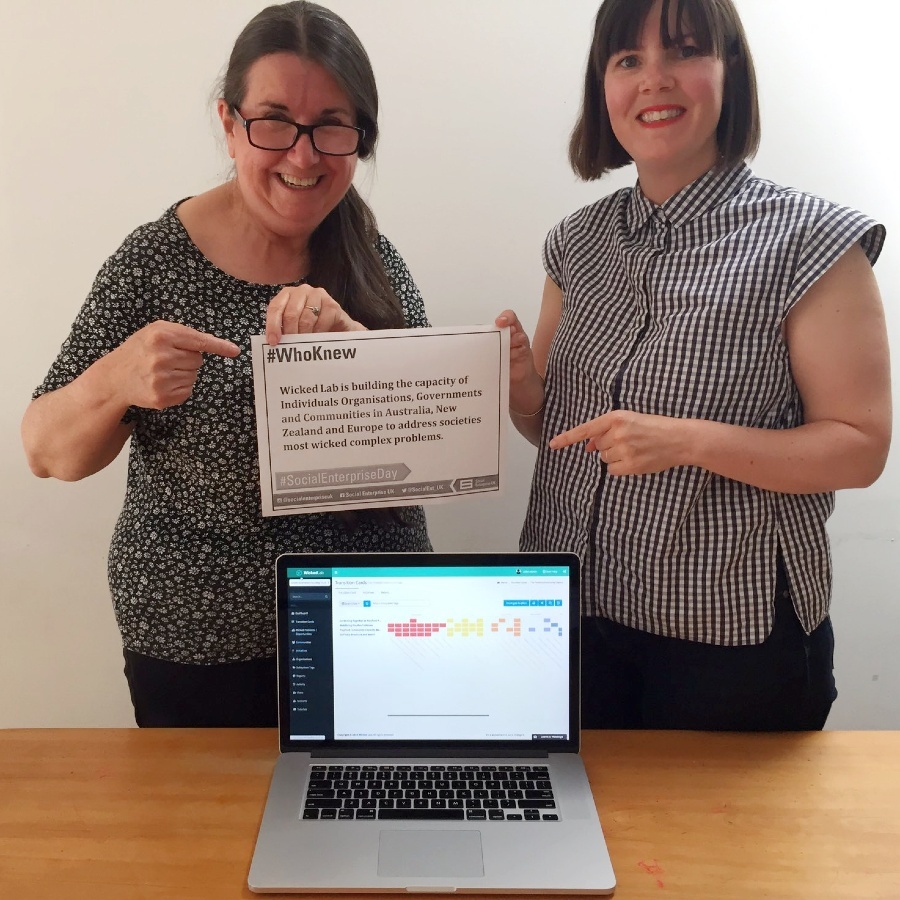
Mile End, Australia
Wicked Lab builds the the capacity of governments, communities, organizations, and changemakers to better tackle wicked problems by creating systemic change. Wicked problems are complex social problems that take place within a unique context and have many interconnected root causes. They cannot be addressed with traditional linear, analytical approaches or by simply replicating initiatives that have been developed in other contexts. Wicked Lab supports changemakers working on wicked problems through an online Tool for Systemic Change that maps, tracks and measures systemic impact, a Complex Systems Leadership Program, and a methodology for Systemic Innovation Labs. They also offer webinars and case studies to increase understanding of complexity science, wicked problems, and systemic change. Wicked Lab is a social enterprise that reinvests 100 percent of profits into research and development. They are part of Catalyst 2030.
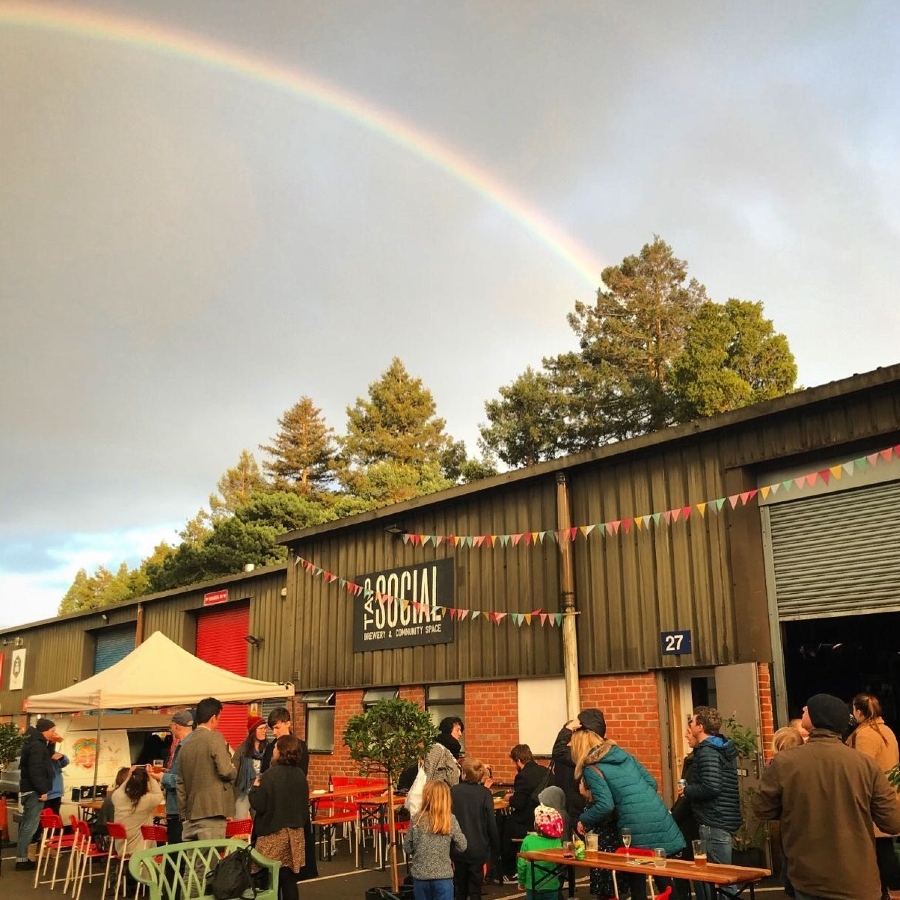
Oxford, England, United Kingdom
Tap Social is a craft brewery and hospitality social enterprise in Oxford that provides training and employment opportunities to ex-offenders and welcoming, inclusive spaces for the whole community. They hire people currently serving and recently released from prison sentences and support them to develop new skills and get real work experience in a fast growing industry. They also offer one-on-one support in securing permanent employment, including help with CVs, interviews, and career planning. Their sister charity, Jobs on Tap, is an employment brokering service that links ex-offenders with employers committed to inclusive recruitment. Tap Social uses their packaging and communications to raise awareness about the criminal justice system and racial inequality and their venues to host live music, festivals, yoga, popups, social enterprise peer groups, workshops, networking events, and more. They serve as an Oxfordshire social enterprise hub under the OSEP eScalate program. Tap Social has included their social purpose, operational commitments, and dividend cap in their legal registration and is a member of Social Enterprise UK.
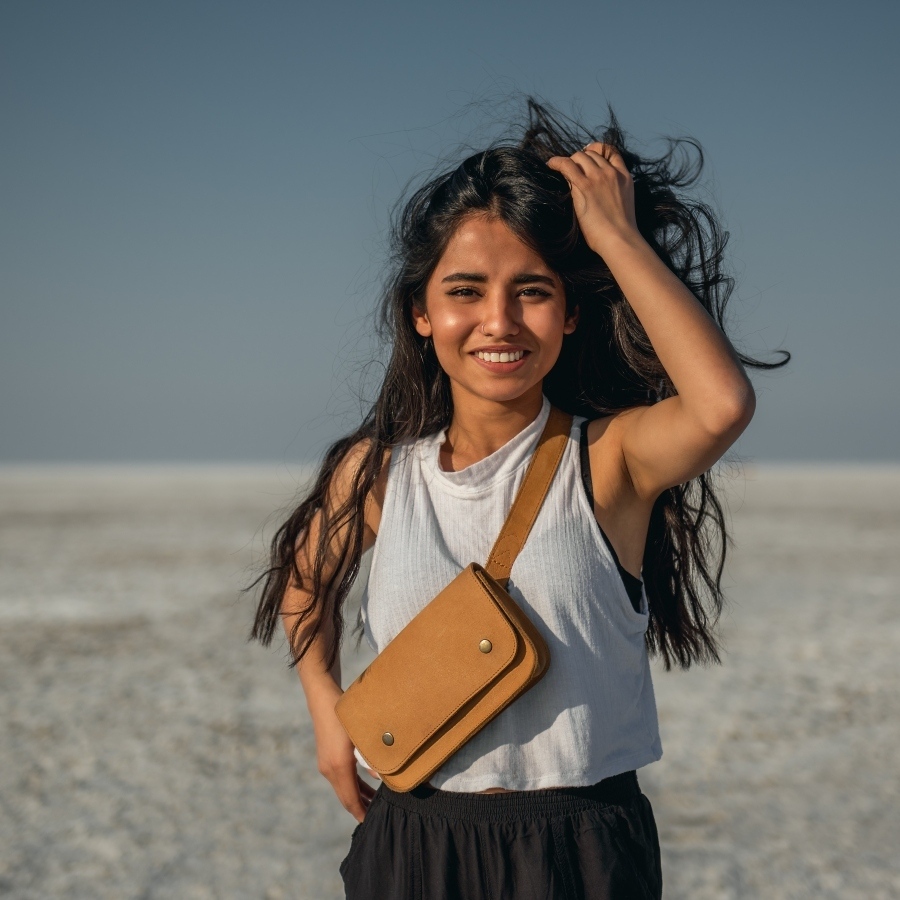
Little Rock, Arkansas, United States
JOYN connects underserved makers in the foothills of the Himalayas to employment opportunities and global markets. They specialize in hand crafted bags, wallets, and accessories made from recycled remnant leather, canvas, natural dyes, and hand block printed designs. In addition to offering their own unique range of products, JOYN designs and manufactures for other brands. They are committed to fair trade practices, safe and enjoyable working conditions, paying above a living wage, and profit sharing. They maintain an education fund to ensure all workers and their children have access to quality education. JOYN is a member of the Fair Trade Federation.
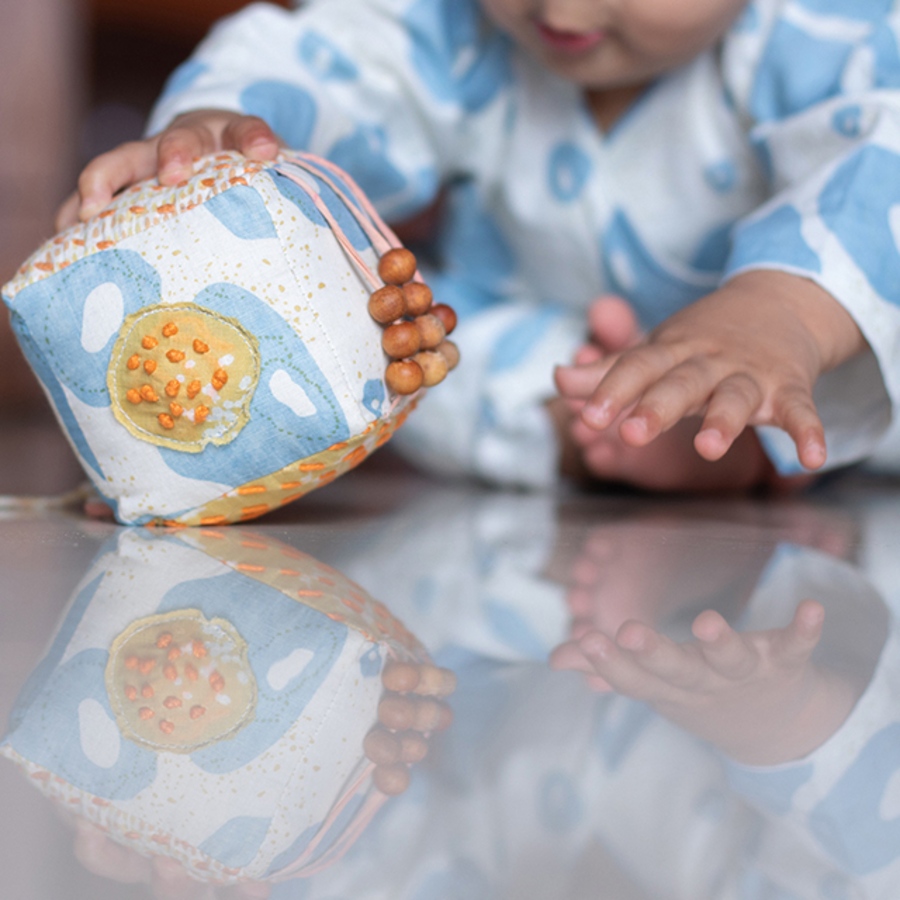
Bengaluru, Karnataka, India
Aagghhoo designs and creates natural clothing, supplies, and toys for babies and toddlers. The name is inspired by the happy gurgling sound made by babies, and their aim is to “design with empathy” by understanding children’s emotional, sensory, and comfort needs. They offer gender neutral color palettes and patterns and promote a “less, but better” philosophy that focuses on simple, functional products designed for extended use. Aagghhoo products are made by local artisans from unbleached handwoven cotton, organic cotton flannel, bamboo linen, merino wool, and natural herbal dyes. Scrap materials are used to make zero waste sensory toys.
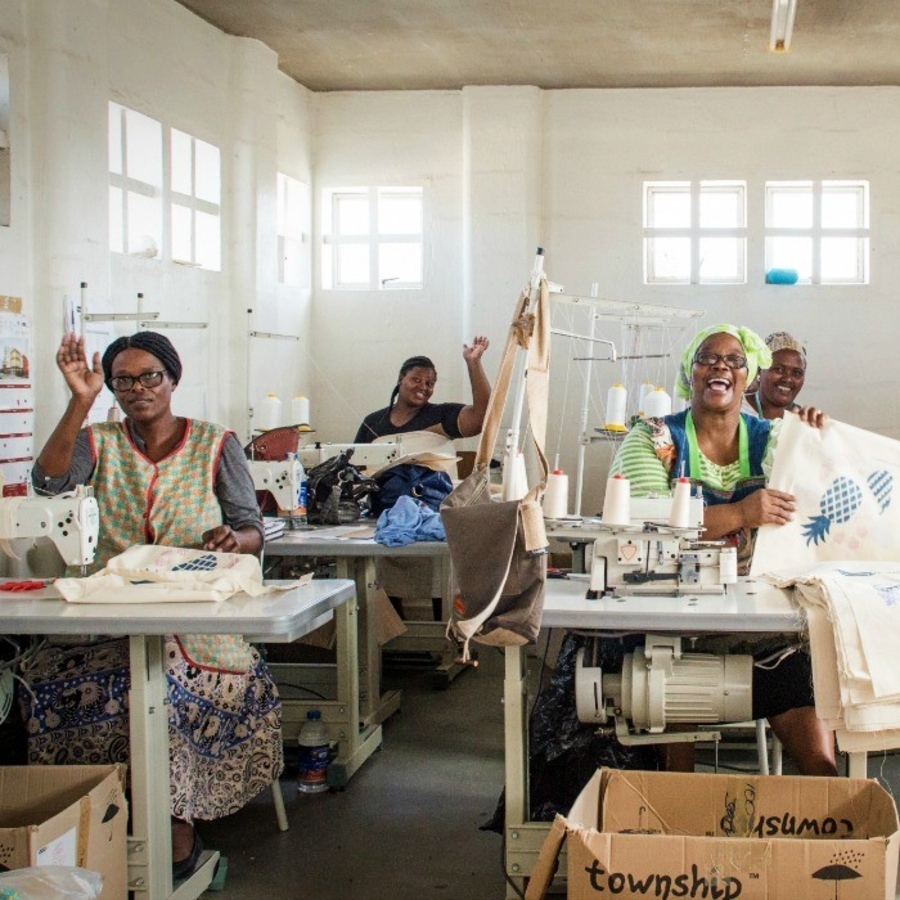
Cape Town, South Africa
Township is a fair trade social enterprise that has been creating sustainable economic opportunities for women in South Africa’s township communities since 1997. They specialize in custom branded bags and accessories for conference organizers, corporations, marketing agencies, academic institutions, retailers, and other wholesale buyers. They also offer a range of fair trade cotton clothing, hats, and accessories with unique, vibrant prints. All products are made from environmentally responsible materials like jute, sustainably sourced African cotton, and locally produced fabric from recycled PET bottles. Township provides women with the skills to establish and run independent sewing cooperatives within their communities. Each co-op receives intensive sewing, accounting, and business training and, after six months, becomes an autonomous registered entity. The women are able to work in a professional and safe environment close to their families and save the time and money normally spent on a commute. Township is a guaranteed member of the World Fair Trade Organization (WFTO).
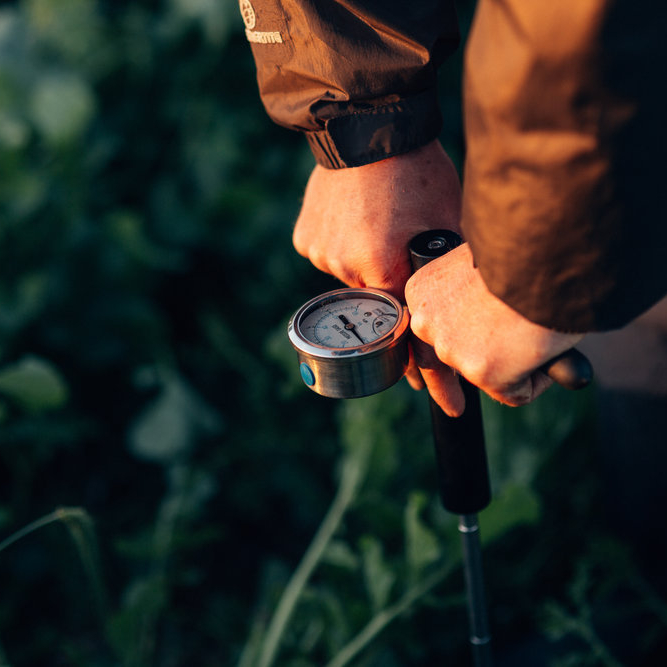
St Brelade, Jersey
The Credible Food Project is focused on regenerating soil to ensure clean water, healthy food, carbon capture, and other ecosystem services. They provide education projects for schoools, regenerative options for gap year students, waste regeneration systems for hotels and other businesses, and compost and soil remediation strategies for landowners. Their Soil Regeneration course covers soil food web principles, beneficial microbe cultivation, thermal compost stacks, and aerobic compost teas and extracts. It includes microscope work to identify and monitor soil microbes. The Credible Food Project also work with farmers transitioning beyond organic agriculture to measure and monitor soil services. Farms adopting regenerative practices have increased microbial action, deeper roots, improved nutrient uptake, increased water retention, more pest resilient plants, and soil carbon levels increasing up to 60 tons per acre. The Credible Food Project is registered as a not-for-profit organization and reinvests profits into soil regeneration education and support services.
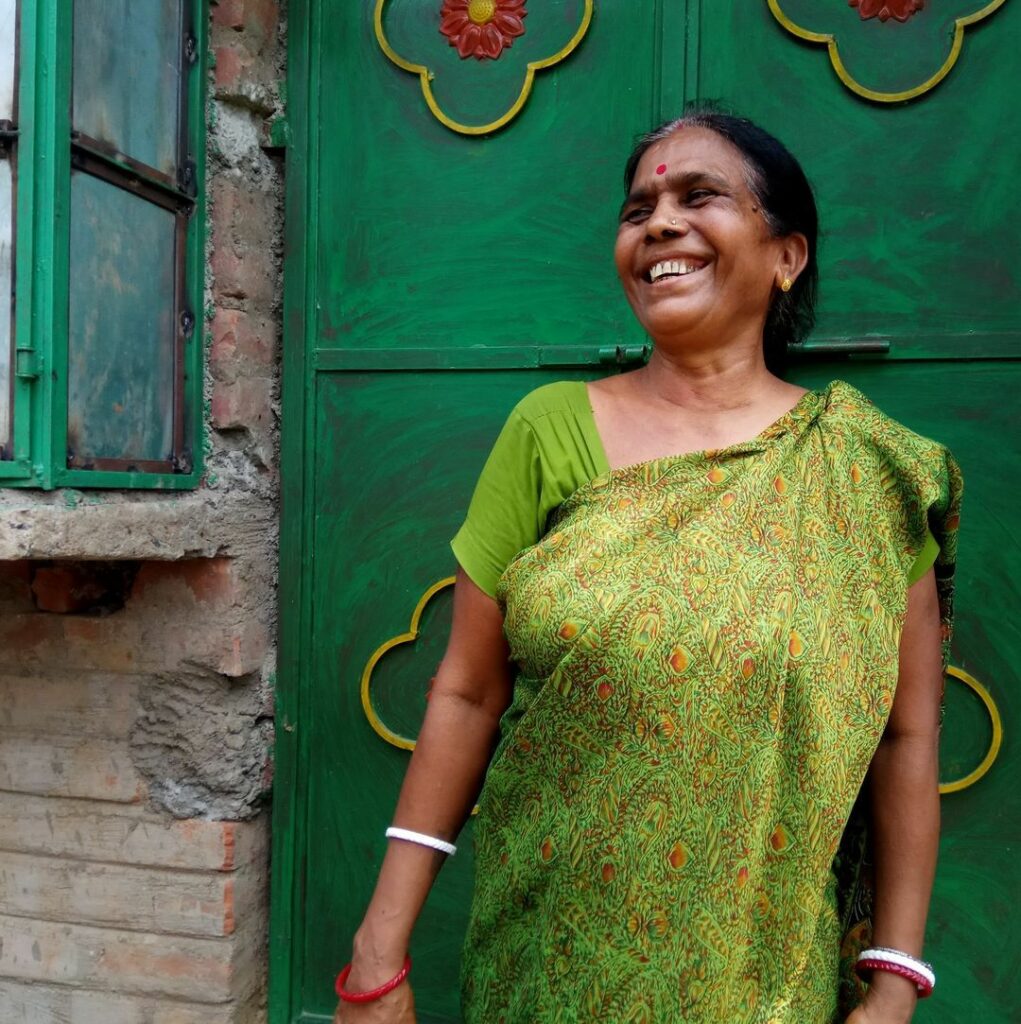
Kolkata, West Bengal, India
Freeset provides fair trade employment, health services, counseling, child care, literacy and financial education, and other services for women in India escaping human trafficking, the sex trade and extreme poverty. They specialize in custom T-shirts, bags, and accessories made from ethically sourced materials like GOTS certified organic cotton, sustainable jute, recycled sari fabrics, and water based inks. Freeset began in Sonagachi, a neighborhood of Kolkata that is one of Asia’s largest red light districts with an estimated 10,000 sex workers from communities across West Bengal. Over time, Freeset has been able to expand operations to some of these villages, enabling women working with Freeset to return to their ancestral homes and providing livelihood opportunities to ensure the next generation is not trafficked away. Donations and profits are used to support The Freeset Trust, which provides support services beyond employment including The Cup cafe and community center, the Kolkata to Kathmandu program to help Nepali women return home, and education sponsorship for children in need. Freeset is a guaranteed member of the World Fair Trade Organization and Freeset USA is a member of the Fair Trade Federation.
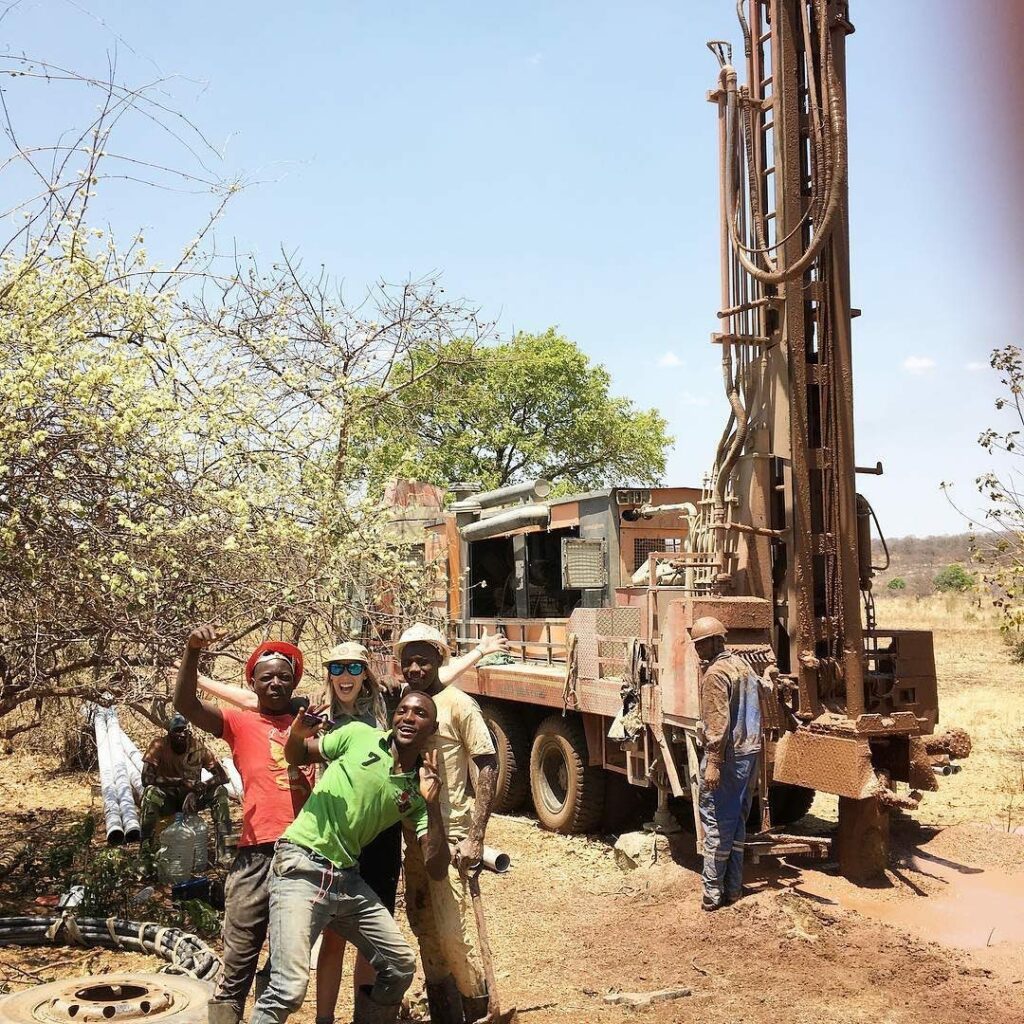
Ottawa, Canada
Copper Root Collective creates handmade skincare from natural ingredients and donates 100 percent of the profits to water and sanitation projects for the Mukuni community in Zambia. Products include soaps, shampoo bars, cleansers, toners, serums, body oils, lotions, bath salts, and more made with cocoa butter, mango butter, baobab, hibiscus, and other plant-based oils and botanical extracts. In Zambia, Copper Root Collective partners with The Butterfly Tree to build bore holes, wells, toilet facilities and other infrastructure, Pure Skills for local soap making, Imina for chitenge robes, and local artisans for jewelry and handcarved soap dishes. They are part of SheEO and the Global Shapers Community.
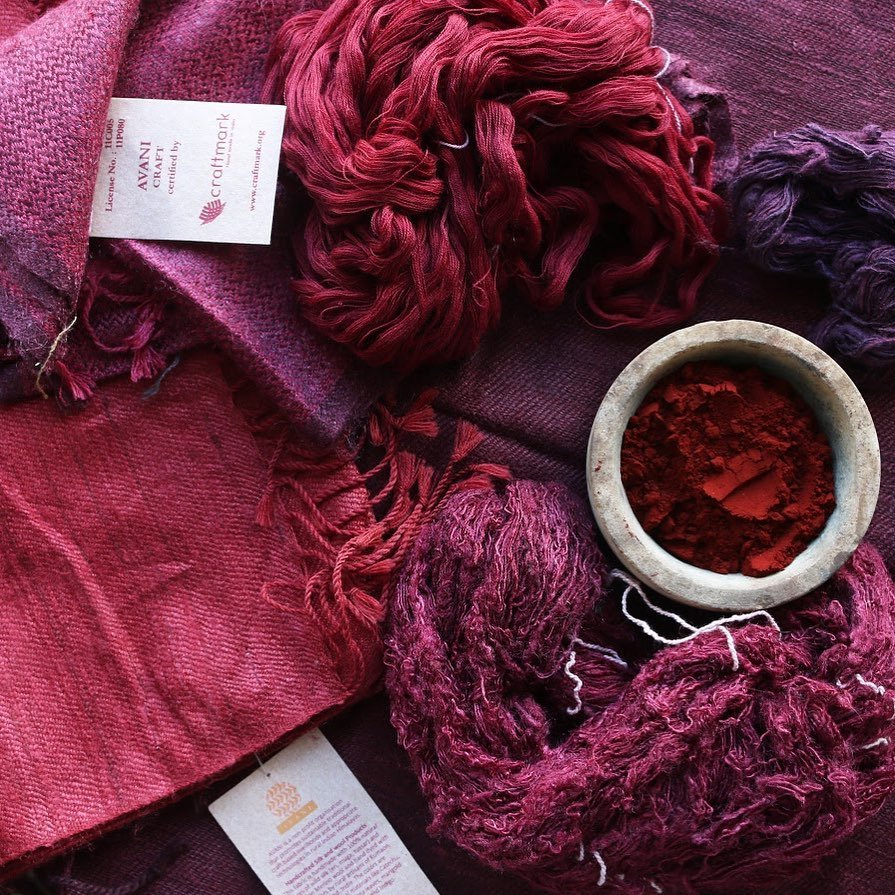
Pabya, Uttarakhand, India
Avani focuses on creating livelihood opportunities, conserving natural resources, and working towards gender equality in the central Himalayan region of Kumaon in Uttarakhand. Since 1999, they have been reviving traditional hand spinning, hand weaving, and natural dyeing skills as a source of income for rural families. Today, Avani includes a network of nearly 800 artisans and farmers who work together to grow, process, design, and create natural fiber housewares, accessories, toys, yarn, natural colorants, and art supplies like beeswax crayons, gulal for Holi, tie dye kits, watercolors, fingerpaints, kumkum, and indigo powder. Runoff rainwater from rooftops is harvested for natural dyeing, and waste water is treated naturally and used as irrigation to grow vegetables. Avani has created community-based systems for the development and dissemination of solar lighting, heating, and drying technologies and trained young people as solar technicians. They have also developed a bio energy program and efficient, inexpensive cookstoves. Avani is registered as a not-for-profit social enterprise.
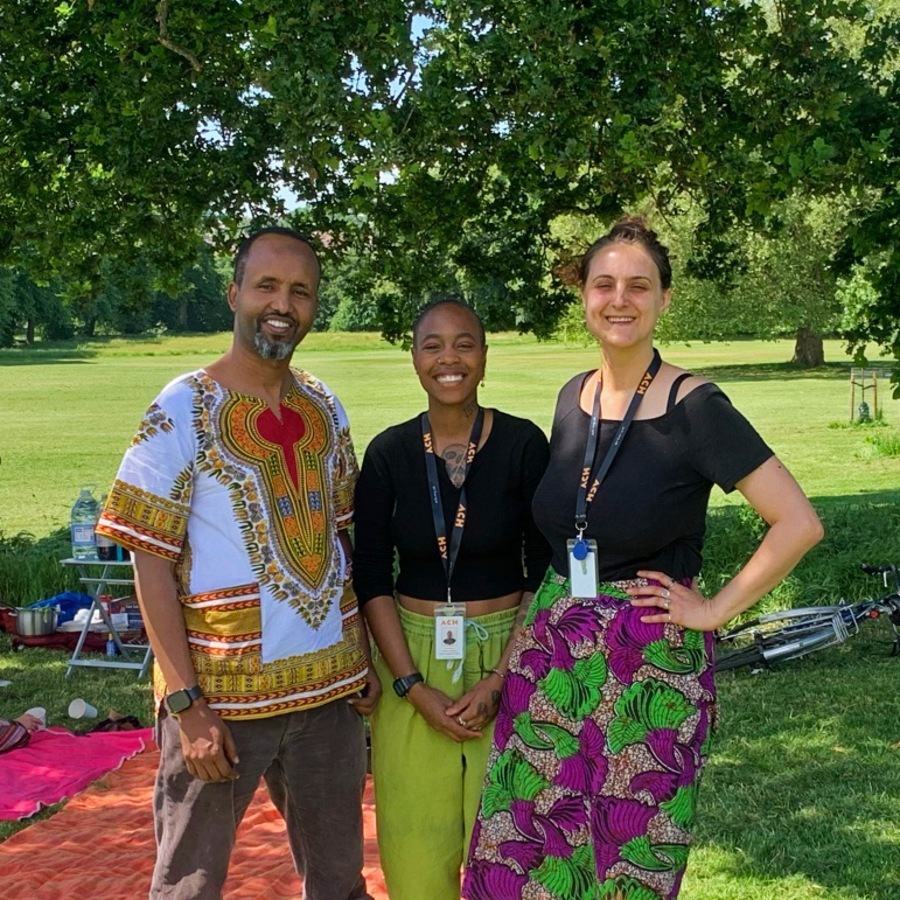
Bristol, England, United Kingdom
ACH provides resettlement services for refugee and newly arrived communities in the United Kingdom to develop their independence and equip them with the skills they need to gain sustainable employment. Their holistic integration approach includes accommodation, business support, language classes, employment training, advice, guidance, and social integration programs. They provide safe, secure, and comfortable housing to more than 700 people each year in Birmingham, Bristol, Wolverhampton and Coventry. HIMILO, their training subsidiary, offers courses, apprenticeships, and career advice to more than 2,500 people. ACH also provides national and international research and consultancy services and promotes the positive contribution that refugees can have on local communities through their #rethinkingrefugee campaign. They are registered as a not-for-profit social enterprise.
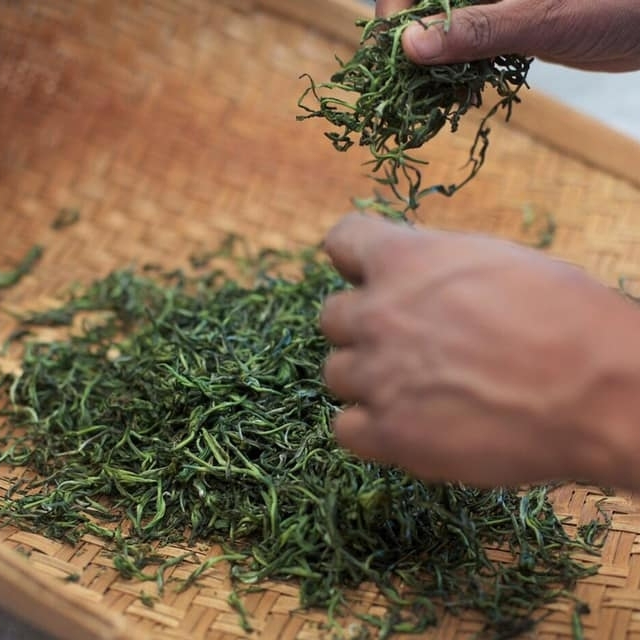
Colombo, Sri Lanka
Ceylon Artisanal Tea Association (CATA) was started by seven artisanal tea gardens in the Kandy, Ruhunu, Sabaragamuwa, and Uva growing regions to promote the production and sale of unique handcrafted teas from Sri Lanka, increase the incomes of small-scale farmers, tea workers, and rural communities, and preserve and restore the natural environment. Members commit to sharing at least 2.5 percent of the revenues generated by artisanal teas with all of the workers engaged in the process from pluck to export. CATA supports collaboration between artisanal tea producers and makes it easier to share information, address common challenges, and market collectively. They increase the visibility of the community by participating in government meetings and organizing tours, webinars, and other unique tea experiences. Ceylon Artisanal Tea Association is registered as a not-for-profit organization.
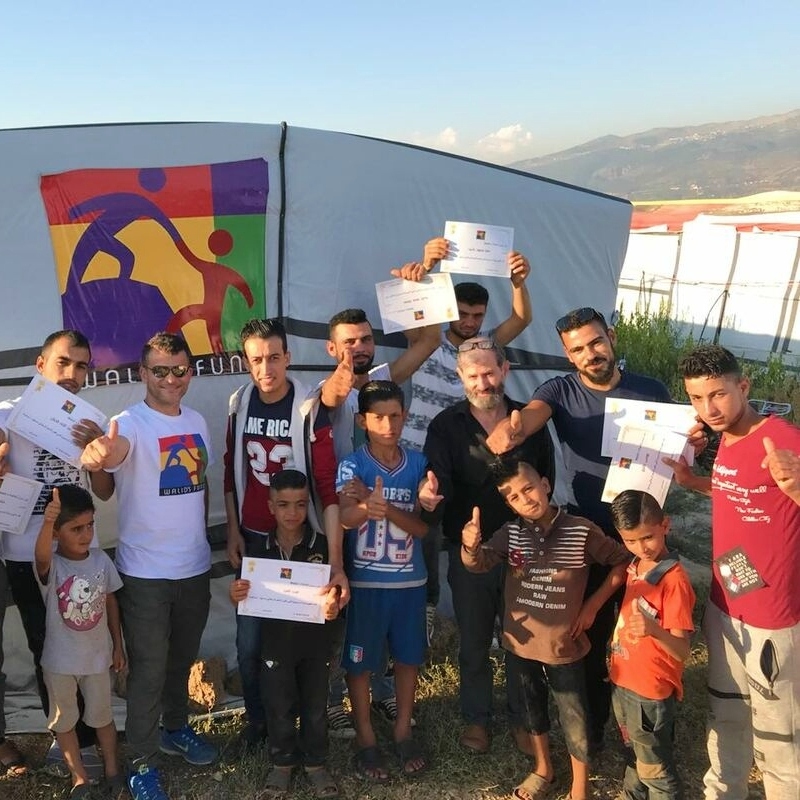
Zawtar El Gharbiyeh, Lebanon
Walid’s Fund aims to inspire hope by developing practical occupational skills among Syrian refugees displaced in camps in Lebanon. More than three million Syrians have found temporary refuge in Lebanon. Walid’s Fund works with residents of seven camps in a southern region where the large aid agencies are not present. They have provided training in olive oil soapmaking, barbering, tailoring, enterprise development, and other skills. The additional income generated by these activities enables parents to cover the bus fare to send their children to school. Through their Soap & Hope initiative, Walid’s Fund purchases the soap produced by program participants and donates it to hospitals, orphanages, senior centers, and other groups in Lebanon that need sanitation supplies. It is also available for sale. Walid’s Fund has a 501(c)3 not-for-profit registration in the United States and is able to accept tax deductible donations.
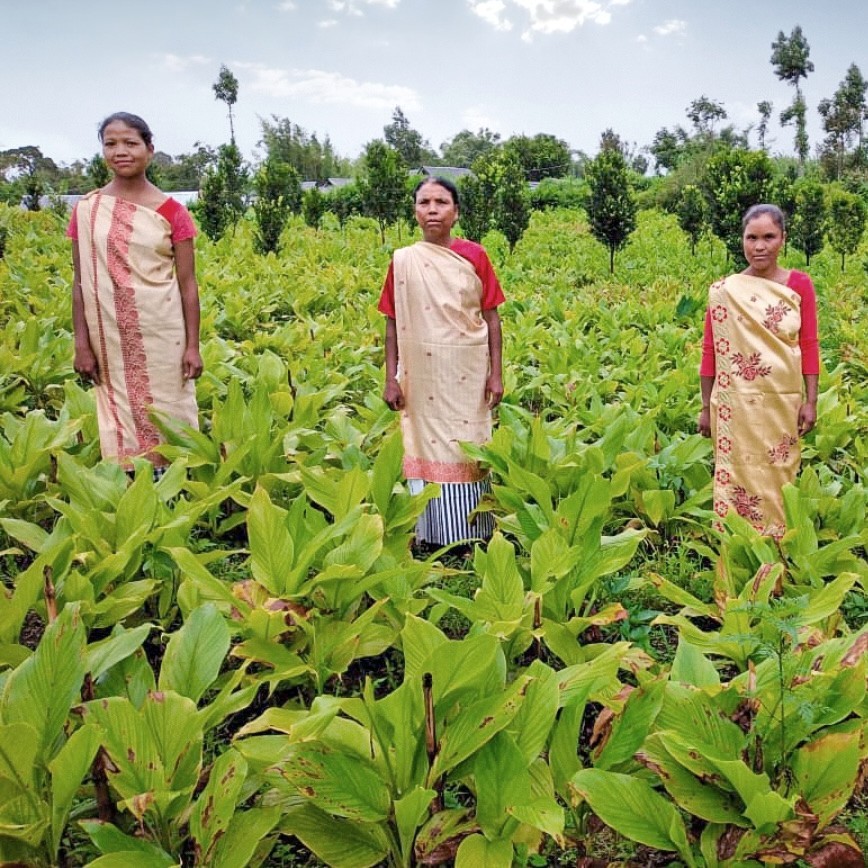
London, England, United Kingdom
Dear Farmer partners with small-scale tribal farmers in the Meghalaya region of India who use agroecological practices to produce Ayurvedic botanicals like Lakadong turmeric and Nadia ginger. These farming techniques work with nature to regenerate soils, build resilience to climate change, and help rural communities thrive. Dear Farmer pays fair trade rates that are 15 percent above market prices and reinvests a portion of profits to expand sustainable farming technologies for marginalized farmers. They keep products accessible for consumers by minimizing packaging, focusing on organic marketing, and maintaining low margins.
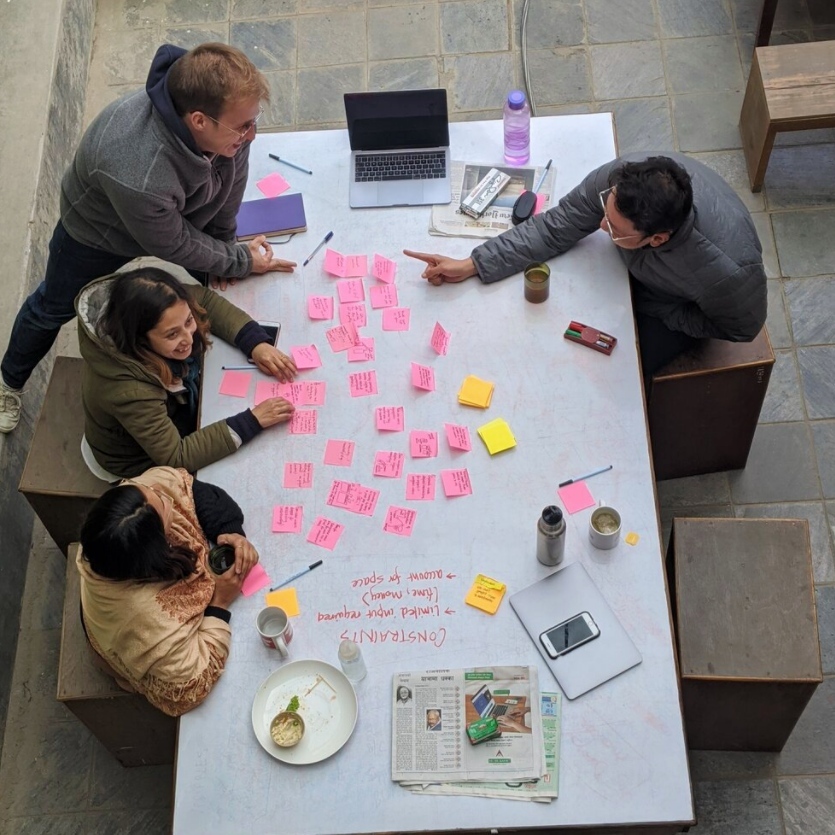
Kathmandu, Nepal
Cue is a design studio in Kathmandu with global ties. They help teams create change through innovation strategies, systems thinking, and human centered design. Services include user research, market research, and systems research to ensure informed design, futurecasting sprints, design sprints, design thinking workshops, and practitioner training on human centered design. They facilitate a Human Centered Design Community of Practice for all institutions and individuals in Nepal interested in inclusive, empathetic, and innovative design. Cue Studio emerged from Utopia Kathmandu.
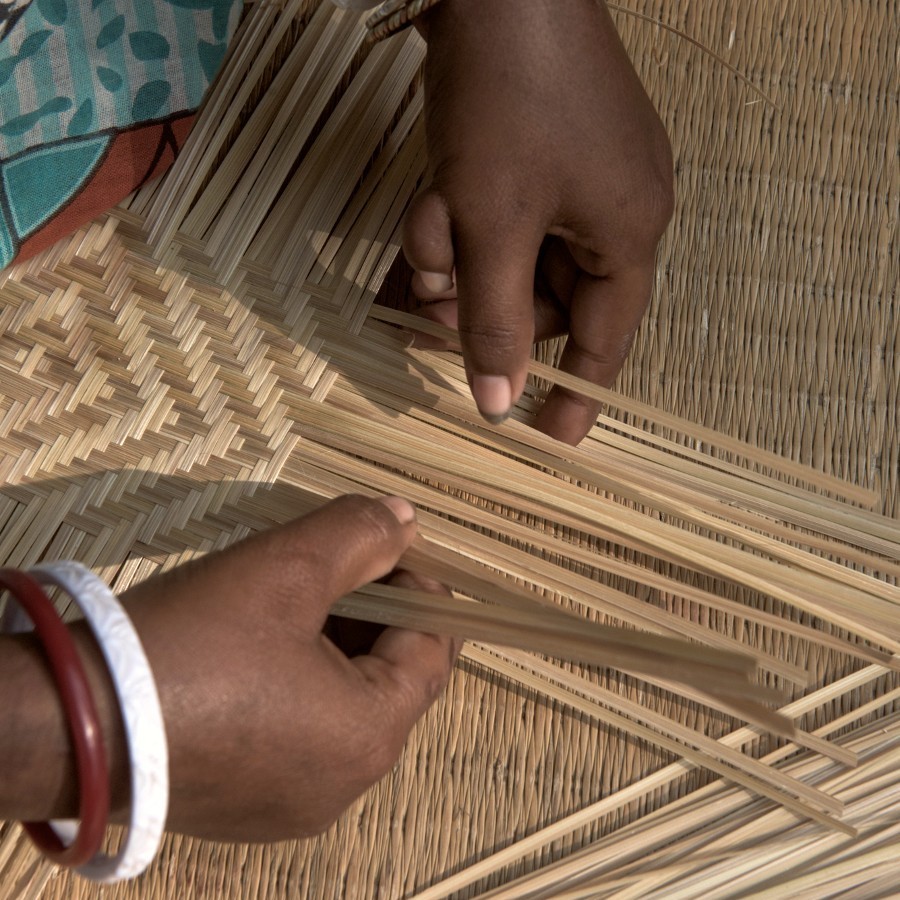
Kolkata, West Bengal, India
Kadam Haat generates opportunities that help eliminate poverty and provide a life of choice and dignity to women and youth of rural India by producing handmade baskets, mats, trays, bags, and other housewares from sabai grass, bamboo, cotton, and other natural materials. They have trained more than 1,000 artisans and organized self-sustaining craft clusters in West Bengal, Orissa, Uttar Pradesh, and Kashmir. Over the years, they have developed systems for budgeting time and costs, mapping local raw materials, traditional knowledge, and skills, identifying urban market requirements, and maintaining quality. Kadam shares profits with the clusters, helps them develop independent market linkages, and reinvests to support training, equipment, and rural community development initiatives like village schools, libraries, solar power, and water supply. They are certified by Craftmark and are part of A Hundred Hands, Creative Dignity, Hand for Handmade, Fair Trade Forum India, and the Export Promotion Council for Handicrafts.
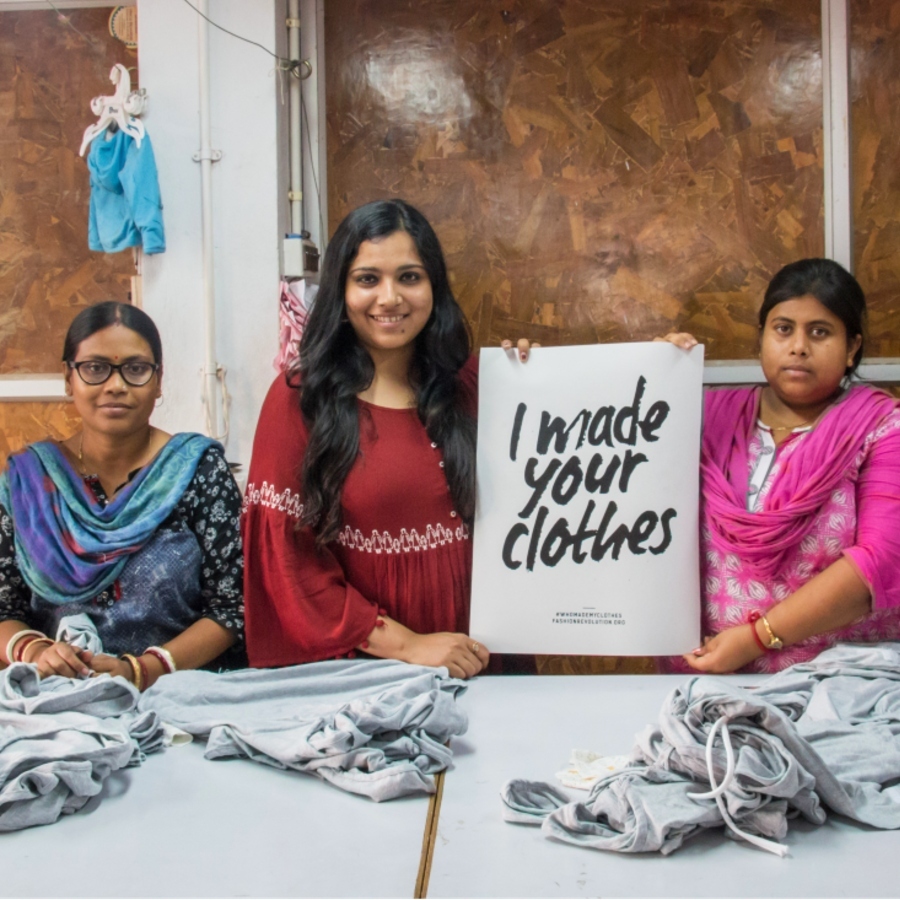
Kolkata, West Bengal, India
Wear Equal is a socially and environmentally conscious women’s underwear brand in India with a focus on sustainability, equality, and empowering women. They reduce landfill waste, energy, and resource consumption by upcycling end-of-roll and scrap GOTS certified organic cotton fabrics from local garment factories. The underwear is packaged in reusable cloth bags and plastic-free compostable materials. Wear Equal offers an inclusive range of sizes from XS to 4XL and has designed specialty maternity underwear and underwear for wheelchair users and women with disabilities. They work with volunteers and partners to address period poverty and make underwear accessible to girls and women in remote rural areas. Wear Equal uses their platform to promote social and environmental awareness and body positivity.
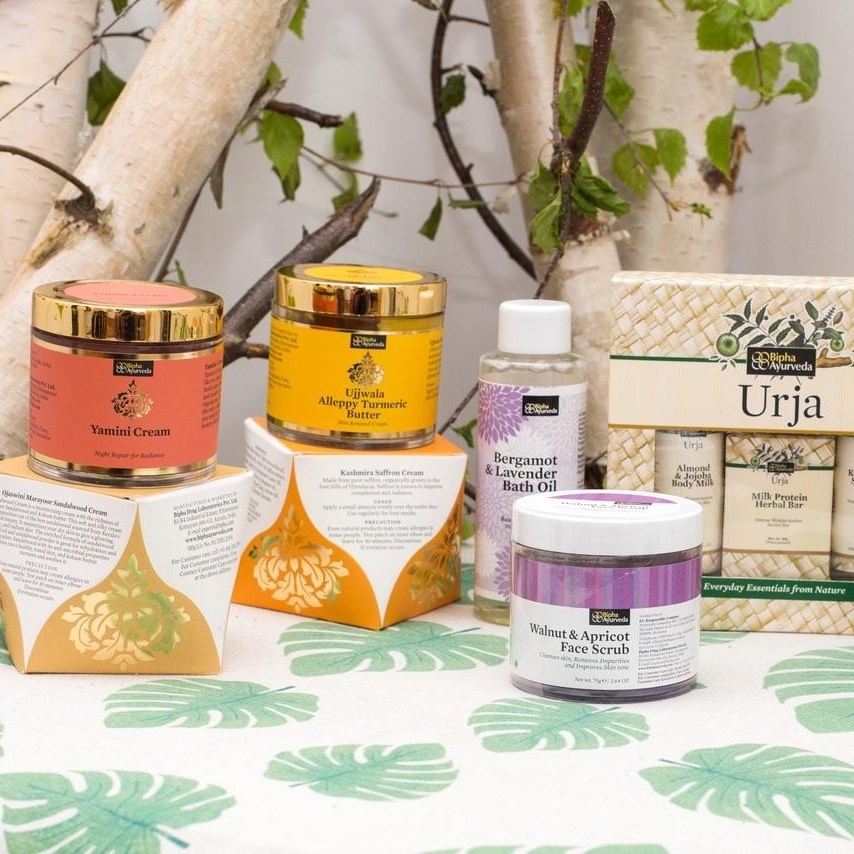
Kottayam, Kerala, India
Bipha Ayurveda was started in 1929 by a renowned Ayurvedic physican in southern Kerala to provide quality herbal formulas and treatments. The business is still managed by his family and has expanded to more than 20 retail outlets, treatment centers, online sales, and international distribution. Bipha Ayurveda offers traditional Ayurvedic extracts, oils, pastes, and supplements as well as natural skincare, haircare, and wellness products. They have established a research center, academy, and a foundation that focuses on education and rural youth.
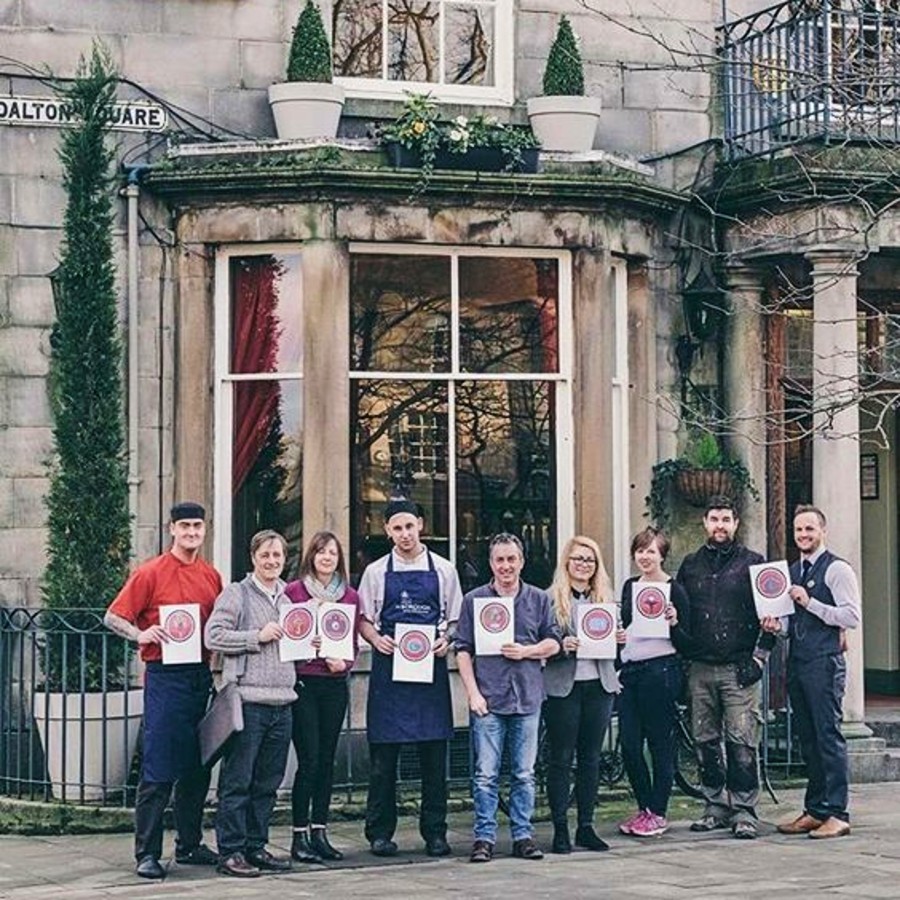
Lancaster, England, United Kingdom
The Ethical Small Traders Association (ESTA) aims to create thriving local economies that help everyone reach their full potential as human beings while living within the carrying capacity of the planet. They started as a socially and environmentally responsible local business network working for a sustainable economy in the Lancaster area. Over time, they developed a framework for local social entrepreneurs to work together for the common good and an Ethical Trader accreditation based on a quadruple bottom line: enhancing economic wellbeing, environmental care, social wellbeing, and personal development. ESTA now facilitates global conversation spaces to share knowledge and expertise with local initiatives in other regions.
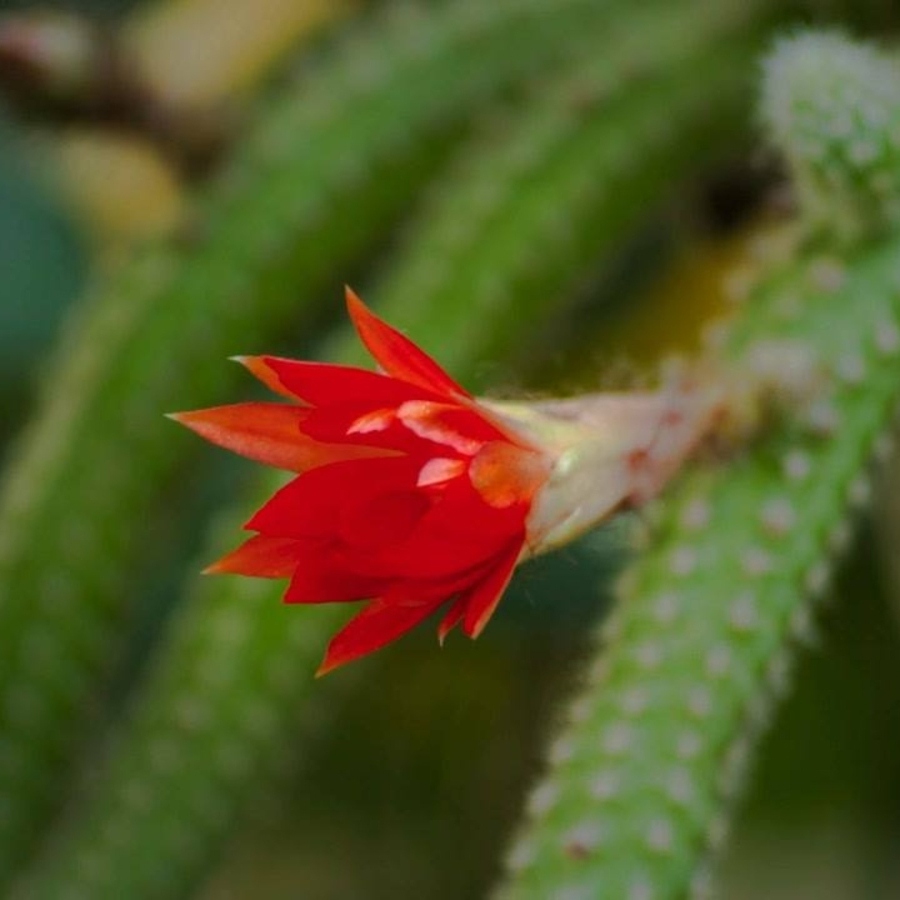
Phoenix, Arizona, United States
Campaign Roots is a full service digital marketing agency that is committed to growing brands, campaigns, and businesses that improve the health of Mother Earth. They specialize in graphic design, web design, online strategy, and email and social media campaigns. Campaign Roots prioritizes clients focused on sustainability and climate action and provides discounted rates and donated services to low income groups.
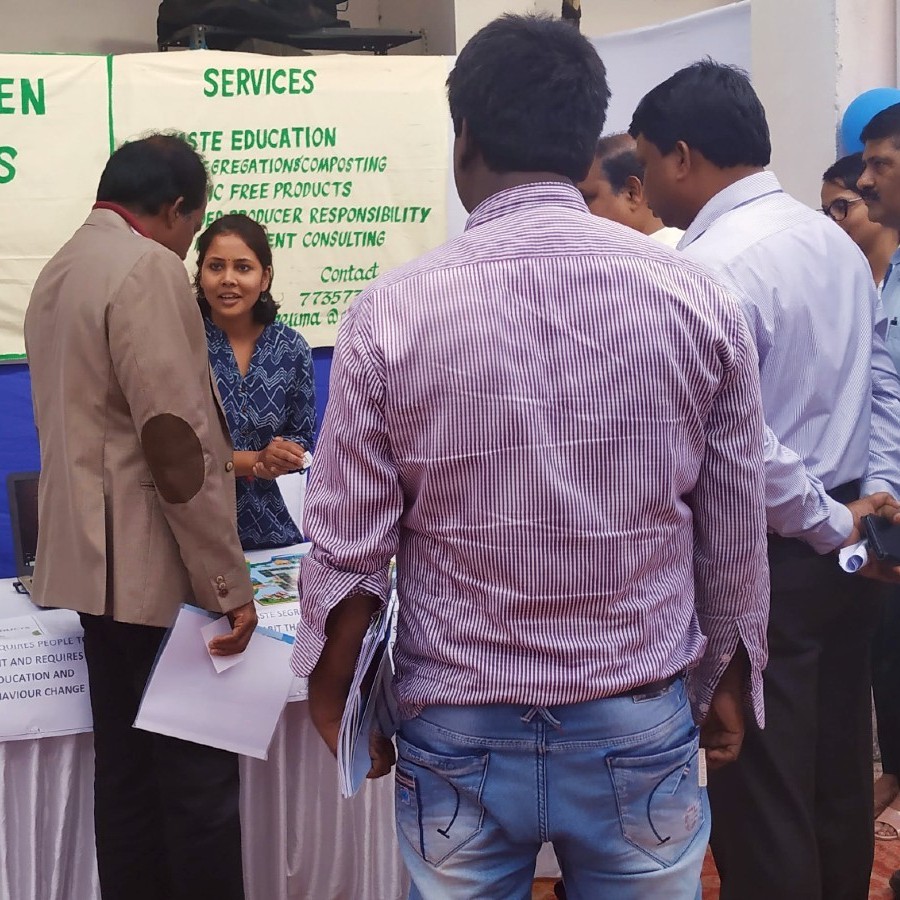
Jashuapur, Odisha, India
Ceiba Green is focused on developing practical solutions and initiatives to address the growing waste problem in Bhubaneswar, India. They supply alternatives to single-use plastic products, provide consulting services related to waste management and extended producer responsibility, and raise awareness about sustainable practices, waste segregation, and composting in schools, offices, apartment complexes, and housing societies. Products include reusable cloth diapers, menstrual pads, and cups, environmentally responsible personal care, household cleaners, stationery, and office supplies, travel essentials, and home composting equipment. Ceiba Green Solutions is part of the International Solid Waste Association (ISWA) and Next Leaders’ Initiative for Sustainability (NELIS).

Kanpur, Uttar Pradesh, India
Dhoonki works with Indian weavers, artisans, and tailors to create sustainably sourced women’s clothing and accessories. They specialize in handwoven textiles, like naturally grown local kala cotton and soy protein fabric, colored with azo-free and natural dyes. Scrap materials are upcycled into bags and accessories to minimize waste. Through their Conscious Wardrobe program, Dhoonki accepts back used clothing and provides green points for a 10 percent discount on a future purchase with the goal of fostering conscious clothing choices and reducing fashion waste. Dhoonki partners with SakalpTaru to plant trees for every purchase.
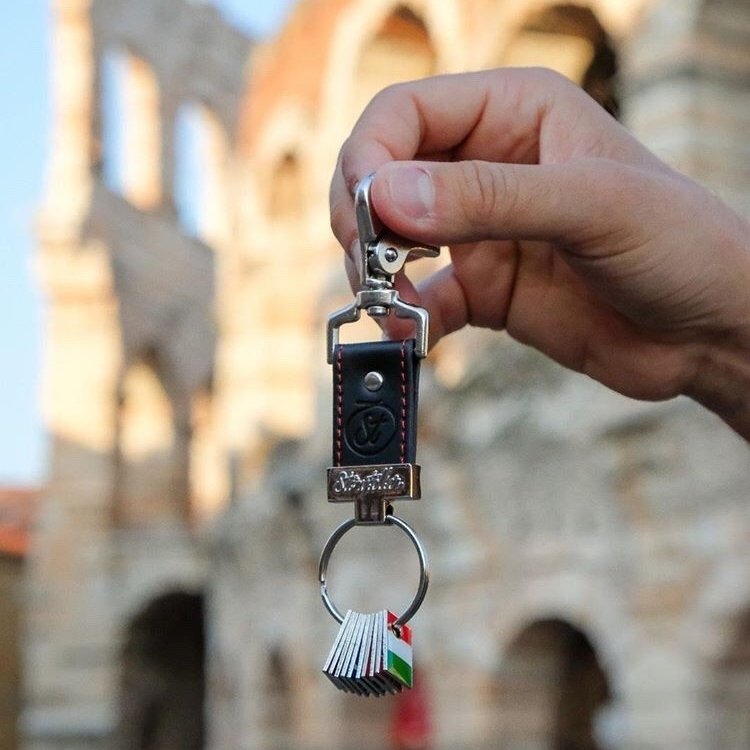
Birmingham, England, United Kingdom
Storyteller was started to bring together passionate travelers and inspire people to travel and do good. They offer ethically sourced travel accessories and branded clothing and donate 10 percent of each purchase to support educational programs in less privileged communities. Their unique Flagmate is a keyring that holds Storyteller Flags for over 100 countries, Challengemaker Flags for goals and achievements, and Changemaker Flags for causes. The flags are handpainted and can be engraved to commemorate specific experiences. Storyteller partners with manufacturers in the United Kingdom that are committed to responsible practices. They use recycled metal and organic cotton, and they are working on new designs and materials to further reduce their impact. Storyteller supports Barefoot College, Room to Read, UNICEF, and other education projects, donates school kits, and volunteers around the world. They are part of UNICEF Next Generation, Awesome BHX, Ark, and the Social Entrepreneur Index.
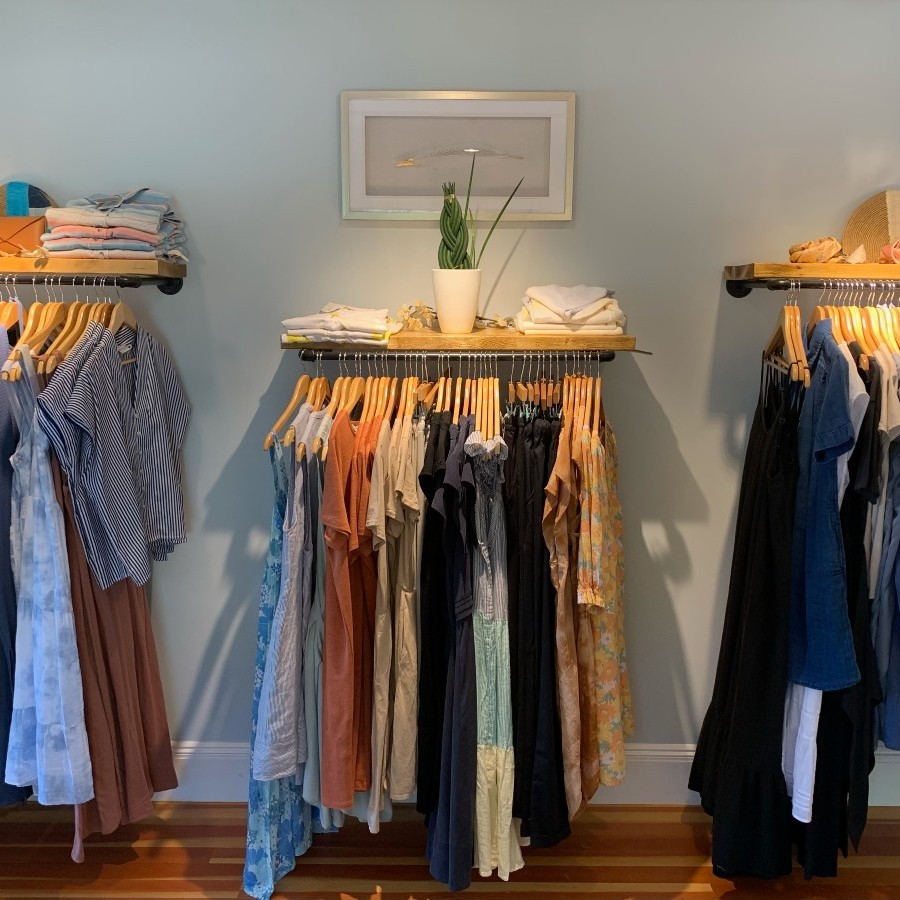
Orleans, Massachusetts, United States
Sœur Boutique is a retail outlet on Cape Cod that specializes in ethically made and sourced women’s clothing, accessories, and lifestyle products. They prioritize natural and environmentally responsible materials like linen, hemp, and organic cotton and independent clothing brands with a focus on social and environmental impact.
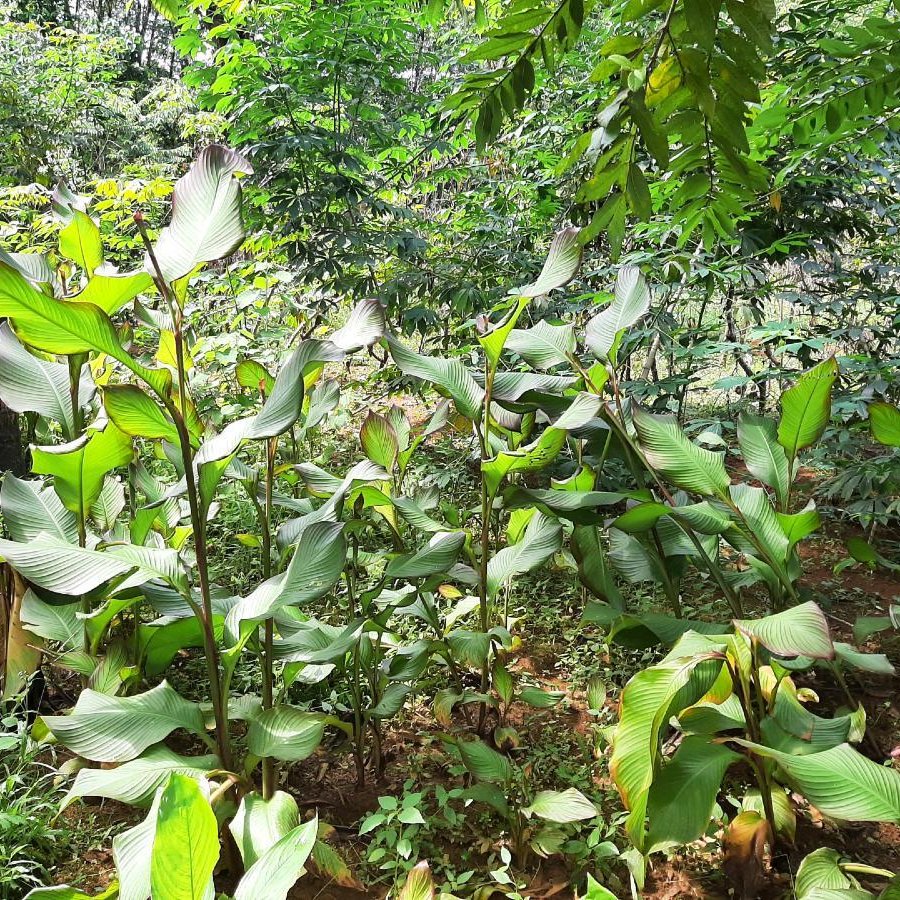
Ranwala, Sri Lanka
Gangabada Farm aims to create a healthy community by developing living soil and producing food crops with toxins. Their small farm specializes in traditional yam varieties like kukulala, buthsarana, hulankiriya, kiri ala, kiri kadol, wali ala, jaburala, agili ala, maha agili ala, gonala, seeni ala, and ati chok ala. They also seed yam, ginger, turmeric, papaya, soursop, and other fruits. Gangabada Farm welcomes visitors. They are verified under a local organic participatory guarantee system (PGS).
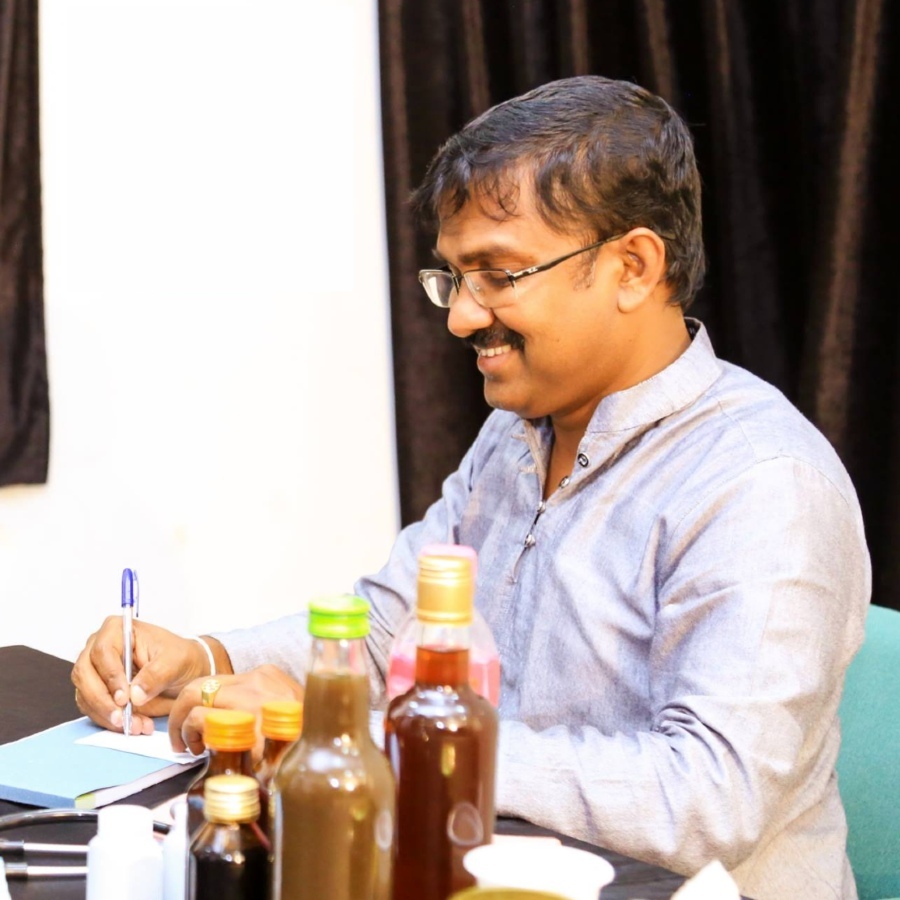
Monaragala, Sri Lanka
Rajapura Herbal has been producing herbal medicine in rural Moneragala since 1973. They specialize in treatments for asthma, gastritis, and arthritis developed by a family of traditional Ayurvedic doctors that can be traced back more than 300 years. Products are available islandwide, and prices are kept low to ensure accessibility. Rajapura Herbal works closely with raw material suppliers to ensure proper cultivation and wild harvest techniques. They contribute three percent of profits to a welfare fund for workers and an additional one percent for local community organizations and elders’ homes. Rajapura is part of the Moneragala Environmental Society.
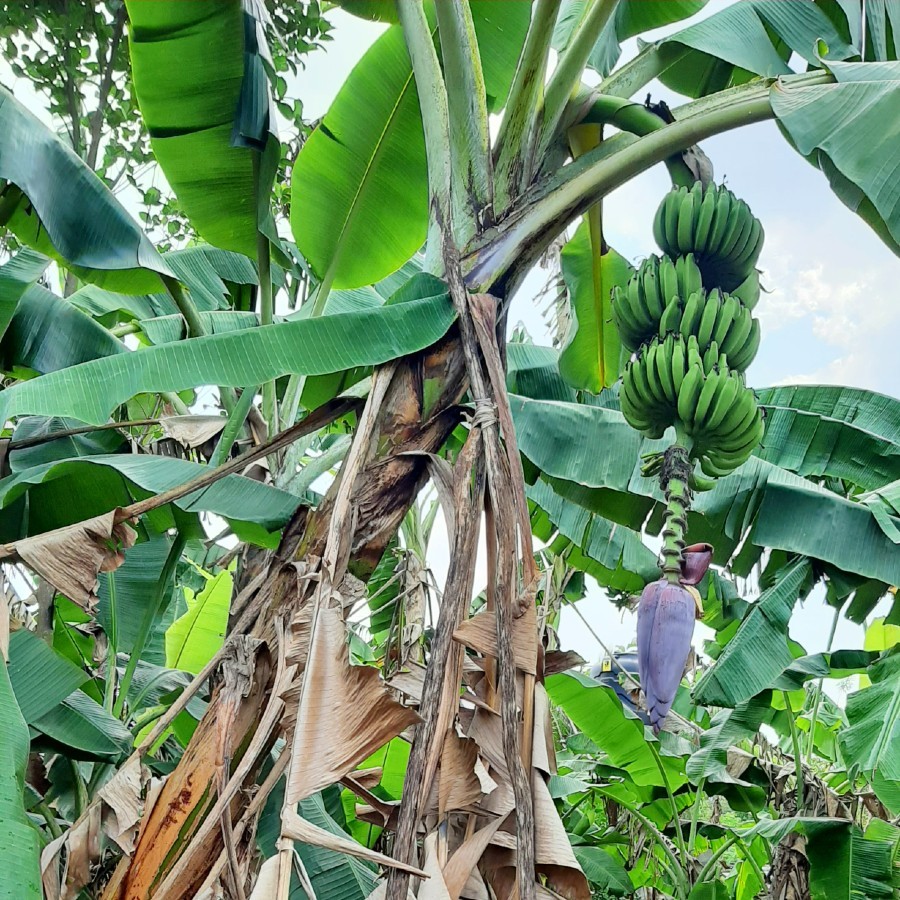
Eramadu, Sri Lanka
Padavisripura Organic is a producer group of small-scale farmers in eastern Sri Lanka that want to make healthy, organic food available to local consumers. They practice mixed cropping and crop rotation, prepare compost and liquid fertilizers from locally available materials, and save seeds for local adaptation. Products include lime, uguressa, nelli, passionfruit, pineapple, banana, papaya, guava, pomegranate, ambarella, mango, soursop, jackfruit, coconut, cashew, moringa, cassava, kurakkan millet, green gram, long beans, wing beans, bitter gourd, luffa, okra, thibbatu, sweet potato, chili, turmeric, and ginger. Padavisripura Organic Farmers is verified under a local organic participatory guarantee system (PGS).
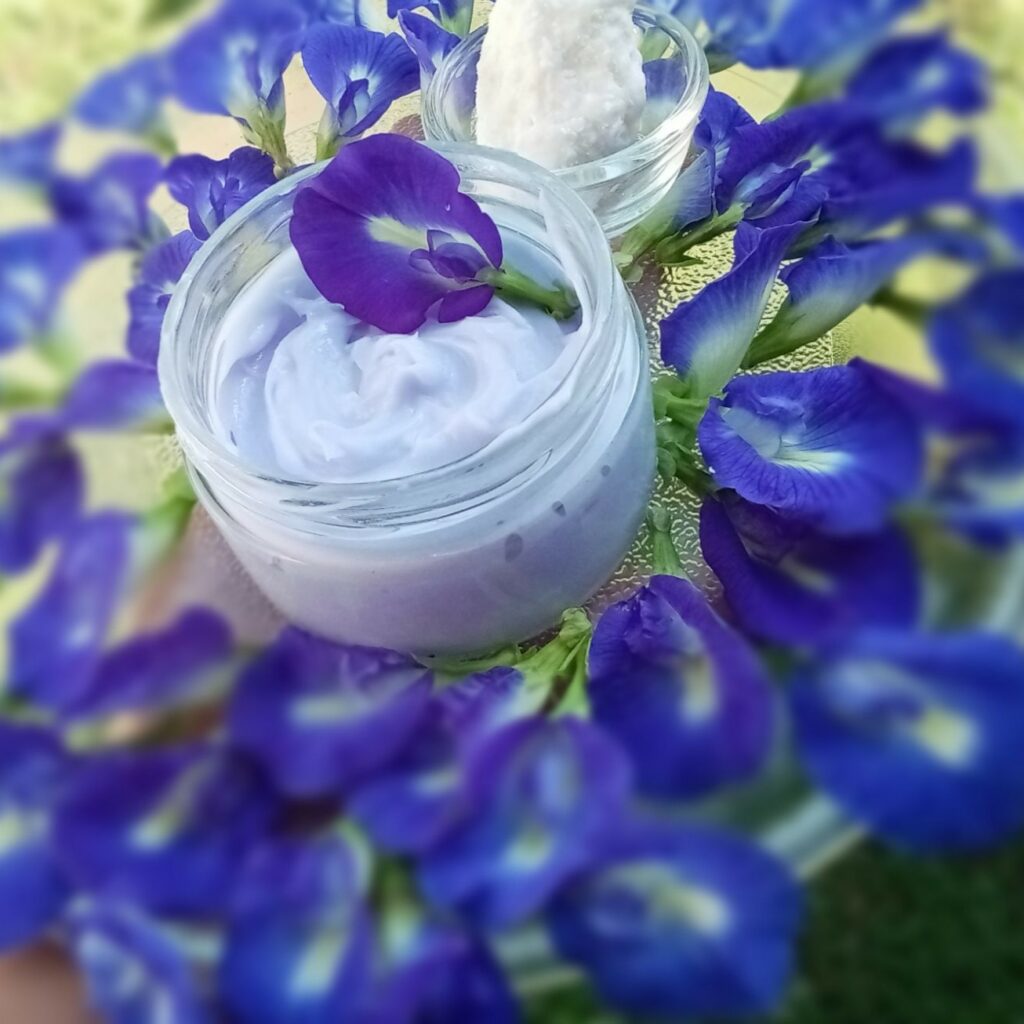
Panadura, Sri Lanka
Gayu produces handmade natural soaps, creams, and other personal care products from plant-based oils and extracts with no palm oil, synthetic colors, fragrances, or other addititives. They prioritize locally sourced ingredients like virgin coconut oil, butterfly pea flower, hibiscus, iriweriya, neem, lemongrass, gotukola, beetroot, and turmeric. Gayu is investing in developing an organic garden to grow raw materials and providing free training on natural cosmetics to young people.
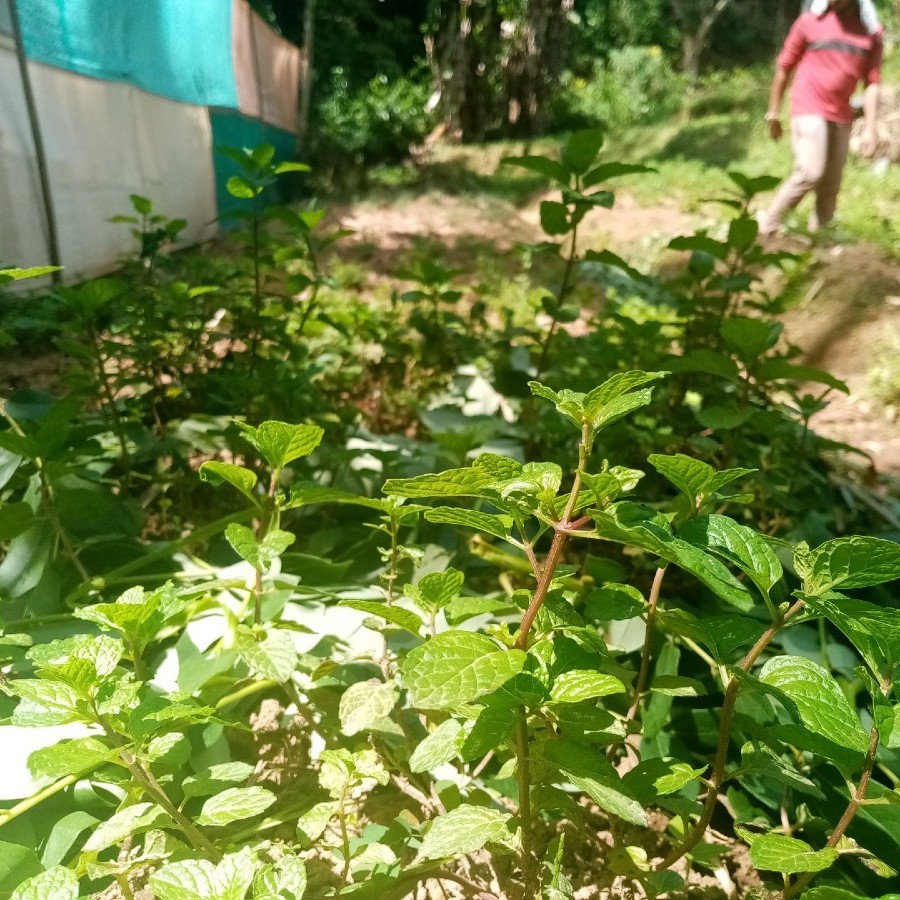
Mirahawatta, Sri Lanka
Belipola Herbs is an organic herb garden in Sri Lanka’s hill country that aims to develop sustainable livelihoods for rural people and protect vulnerable environments through ecosystem restoration. They offer avocado, cherry tomatoes, sun dried basil, rosemary, thyme, oregano, lemon balm, orange bergamot, stevia, and a range of mint varieties. Belipola Herbs is helping develop an analog forestry network in their local area. They are verified under a local organic participatory guarantee system (PGS).
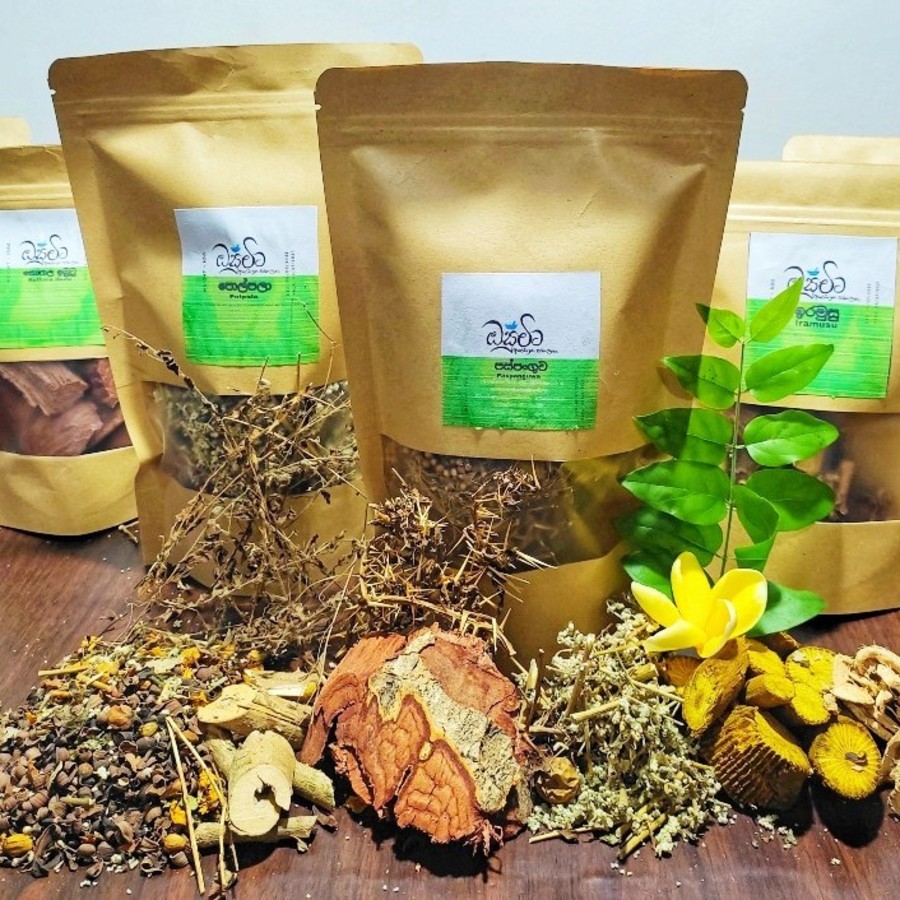
Colombo, Sri Lanka
Osumita specializes in herbal drinks based on Ayurveda and traditional Sri Lankan medicine. They offer home delivery of paspanguwa, belimal, ranawara, polpala, iramusu, kothala himbutu, venivel, and other medicinal herbs. Raw materials are sourced from small-scale farmers and from the government’s Ayurvedic Drugs Corporation. In the future, they plan to source from farmers verified under the local organic participatory guarantee system (PGS).
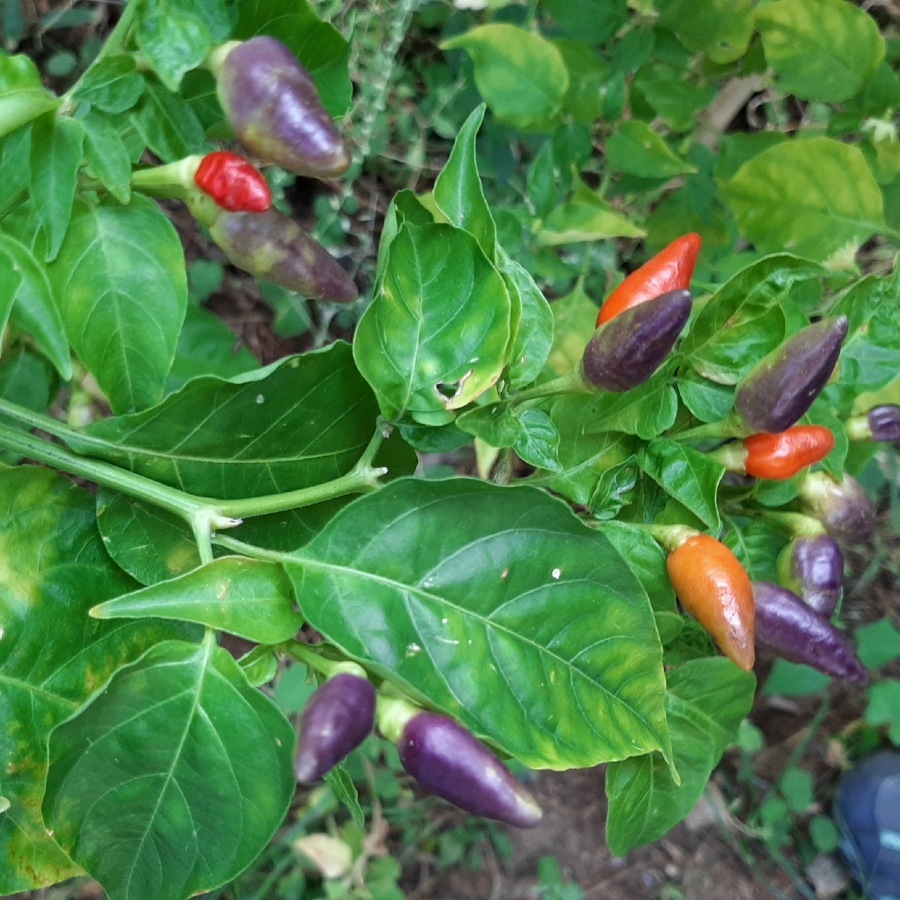
Sampur, Sri Lanka
Muthur Organic is a producer group of small-scale farmers in eastern Sri Lanka that wants to provide healthy organic products to society and support healthy soil, a healthy farm lifestyle, and a healthy community. The farmers in the group produce their own compost and organic inputs and have planned their planting to ensure a continuous harvest. Products include rice, maize, millets, legumes, manioc, turmeric, ginger, vegetables, fruits, and local greens. Muthur Organic has an online recordkeeping and monitoring system that is accessible through a QR code. They are verified under a local organic participatory guarantee system (PGS).
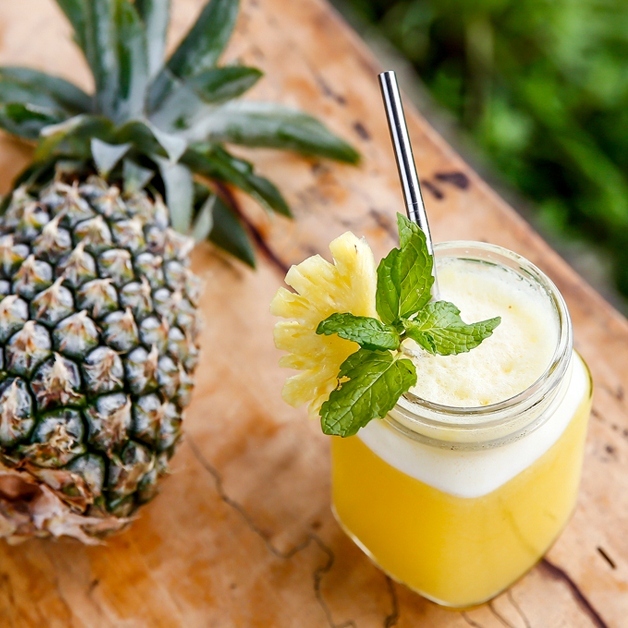
Colombo, Sri Lanka
Kurumba Cafe specializes in healthy food and drinks made from locally sourced natural and organic ingredients. Products include kombucha made with Ceylon tea, juices and smoothies make with coconut water, local fruits, and medicinal herbs, atta wraps made with whole wheat roti, and stir fries made with heirloom rice varieties. They avoid single use plastic and minimize resource consumption and waste. Kurumba Cafe supports the community by preferentially sourcing from Good Market approved farmers and other suppliers.
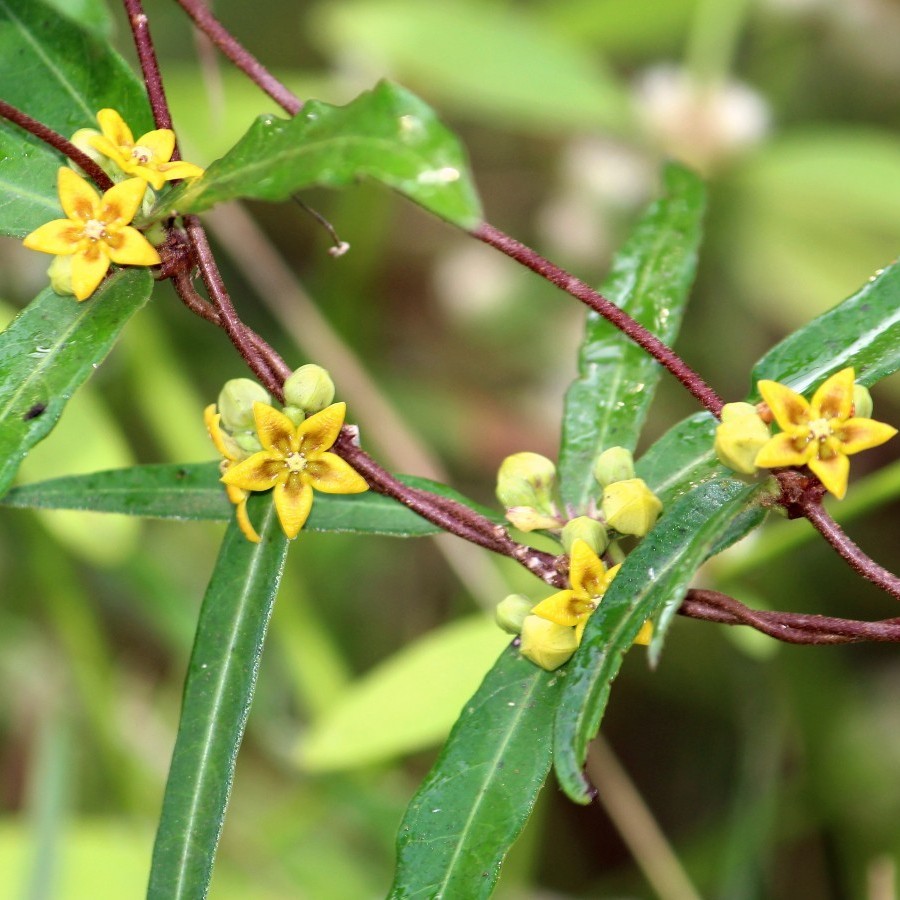
Sri Jayawardenepura Kotte, Sri Lanka
Sobada makes healthy traditional food and herbal medicine more accessible in Sri Lanka. They work directly with small-scale farmers to increase production of neglected crops with high nutritional value or medicinal properties. Products include millets, grains, flours, and seeds like kurakkan, meneri, thanahal, kithul flour, oluhal, and kasa kasa and herbal remedies like dasapanguwa, belimal, beligata mada, ranawara, polpala, veniwel, irumusu, kothala himbutu, karapincha, kaluduru, and moringa.
Know an initiative that’s good for people and good for the planet? The application is currently available in English, Sinhala, Tamil, Urdu, Spanish, and Japanese and started in Nepali: www.goodmarket.global/apply Want to help make it available in another language? Learn more about the community translation project here.